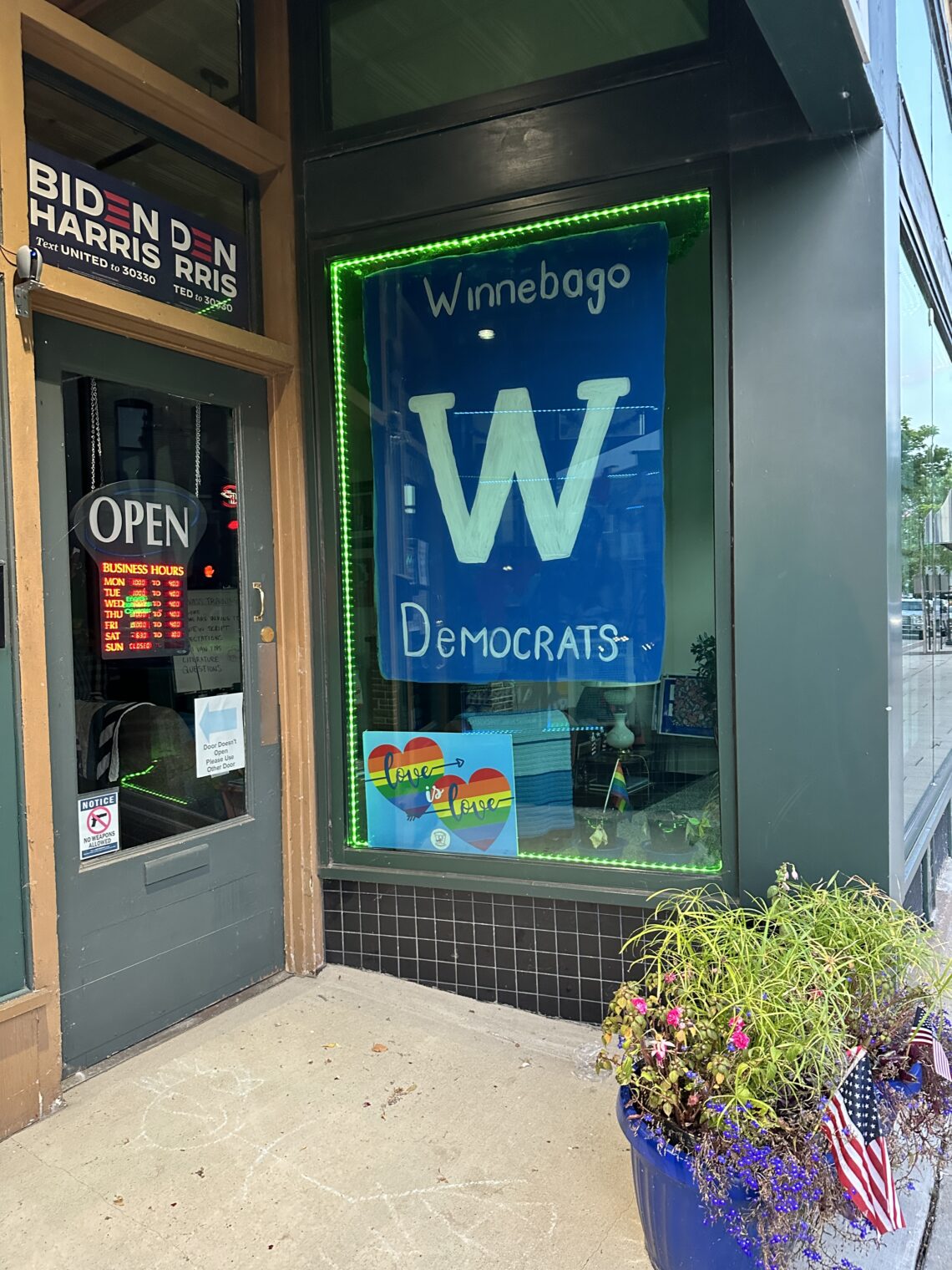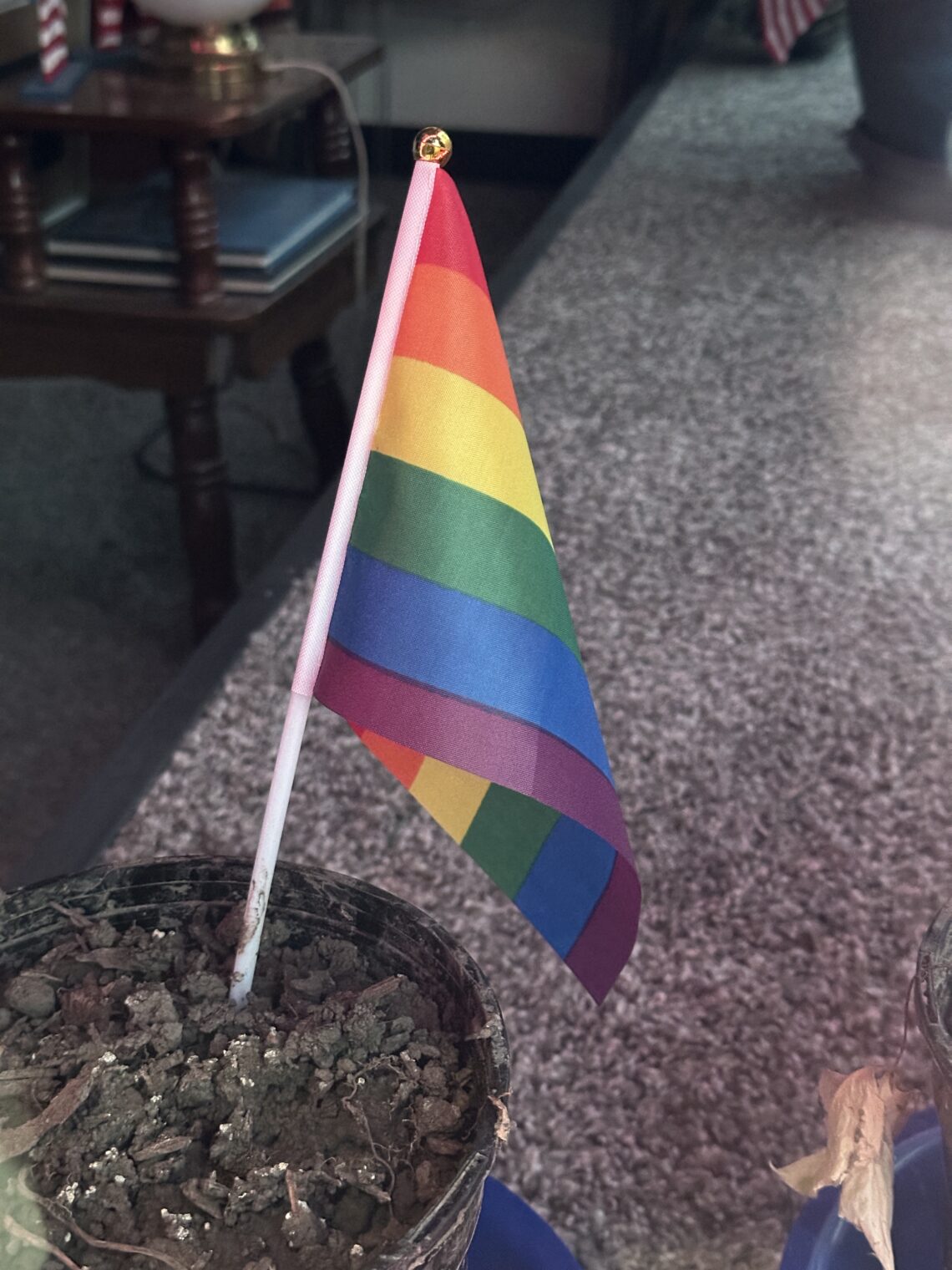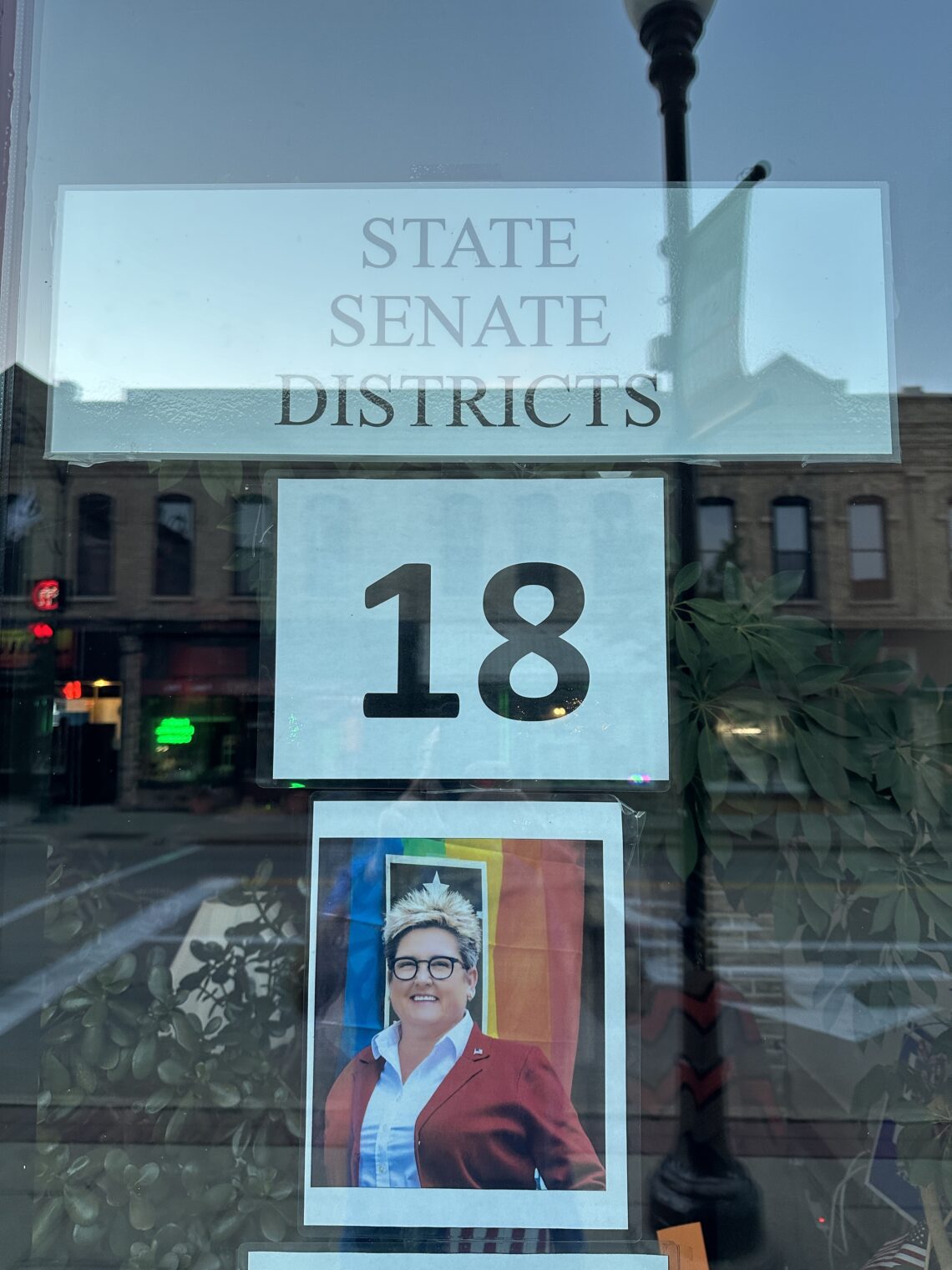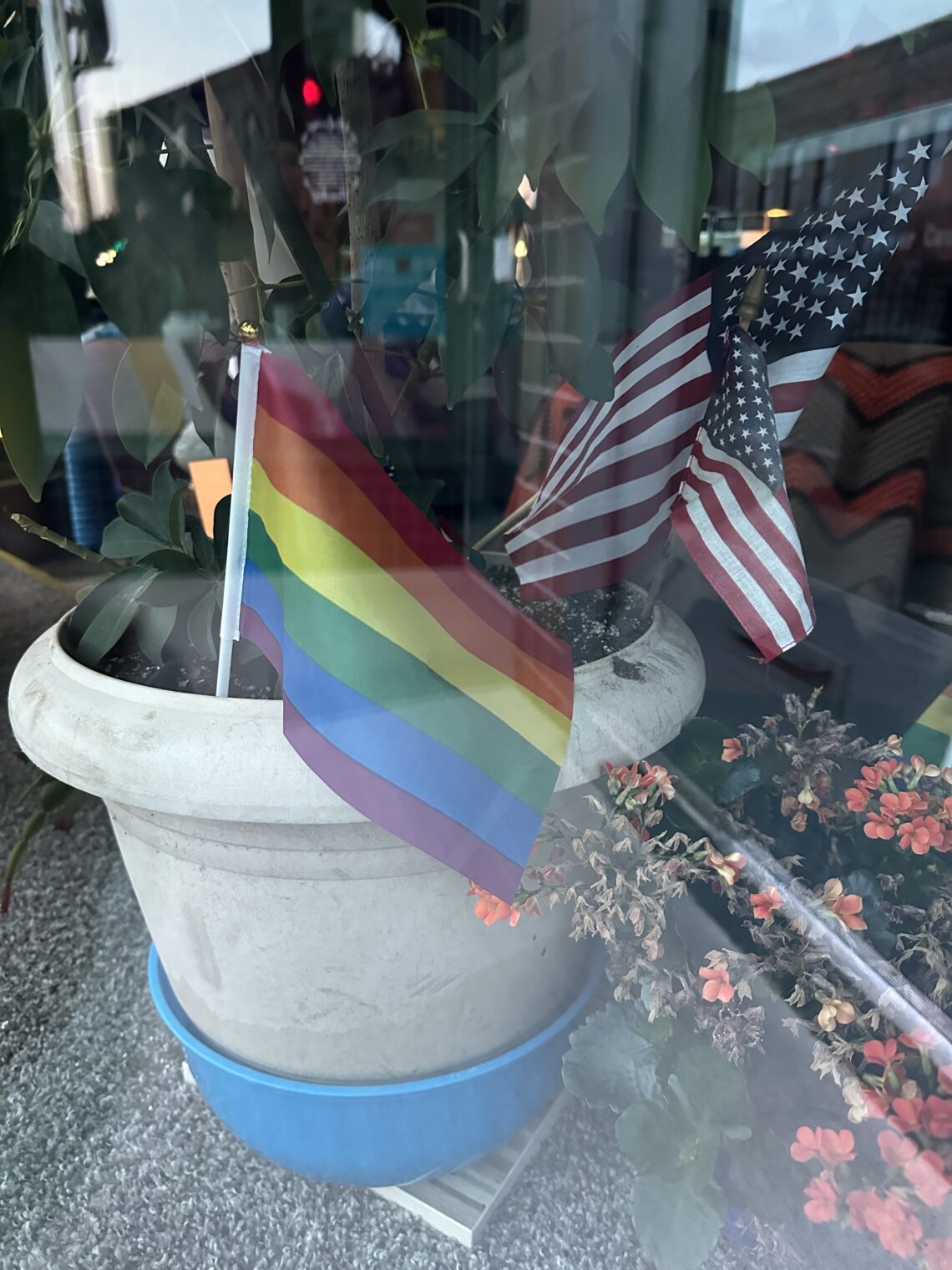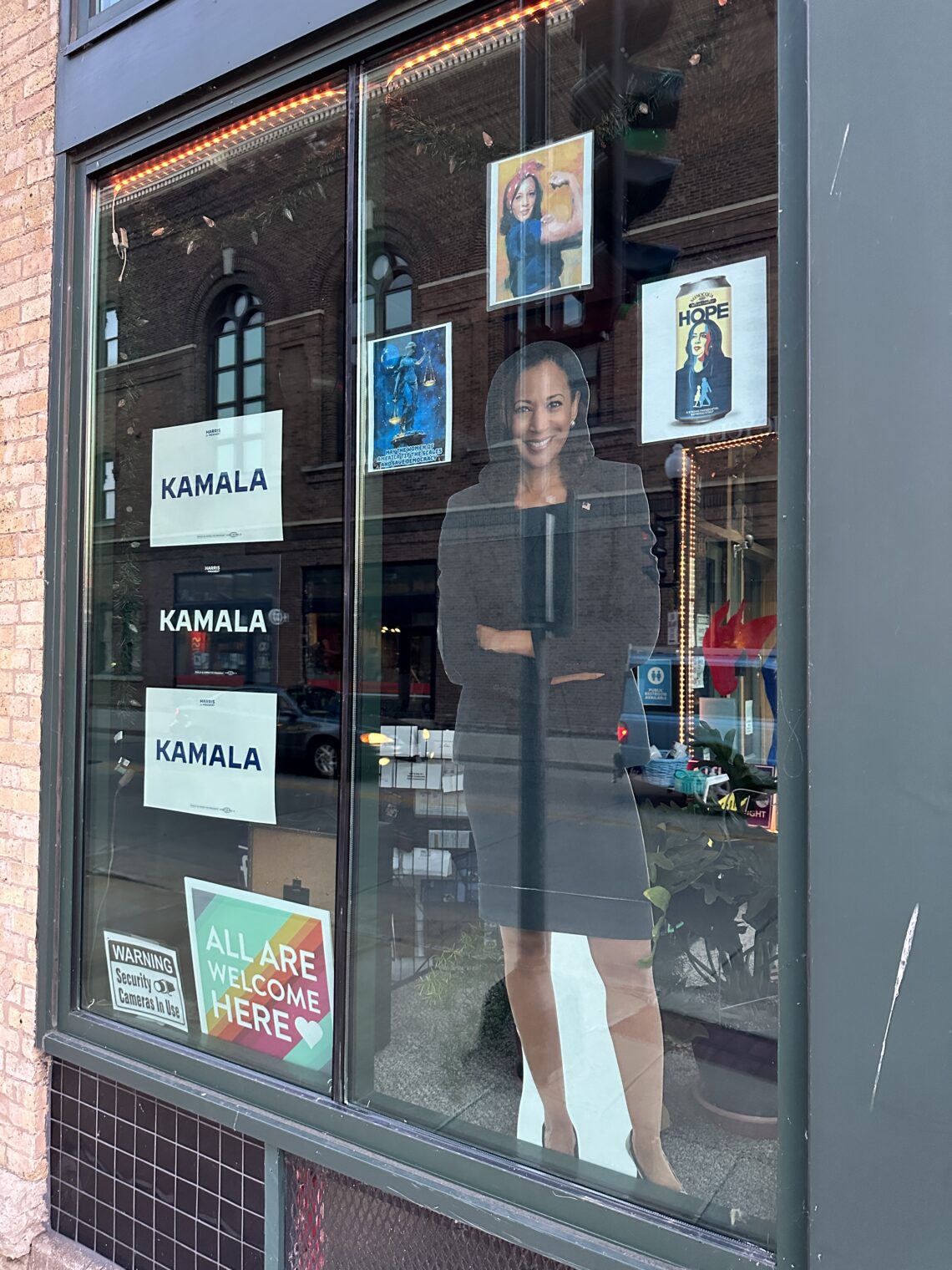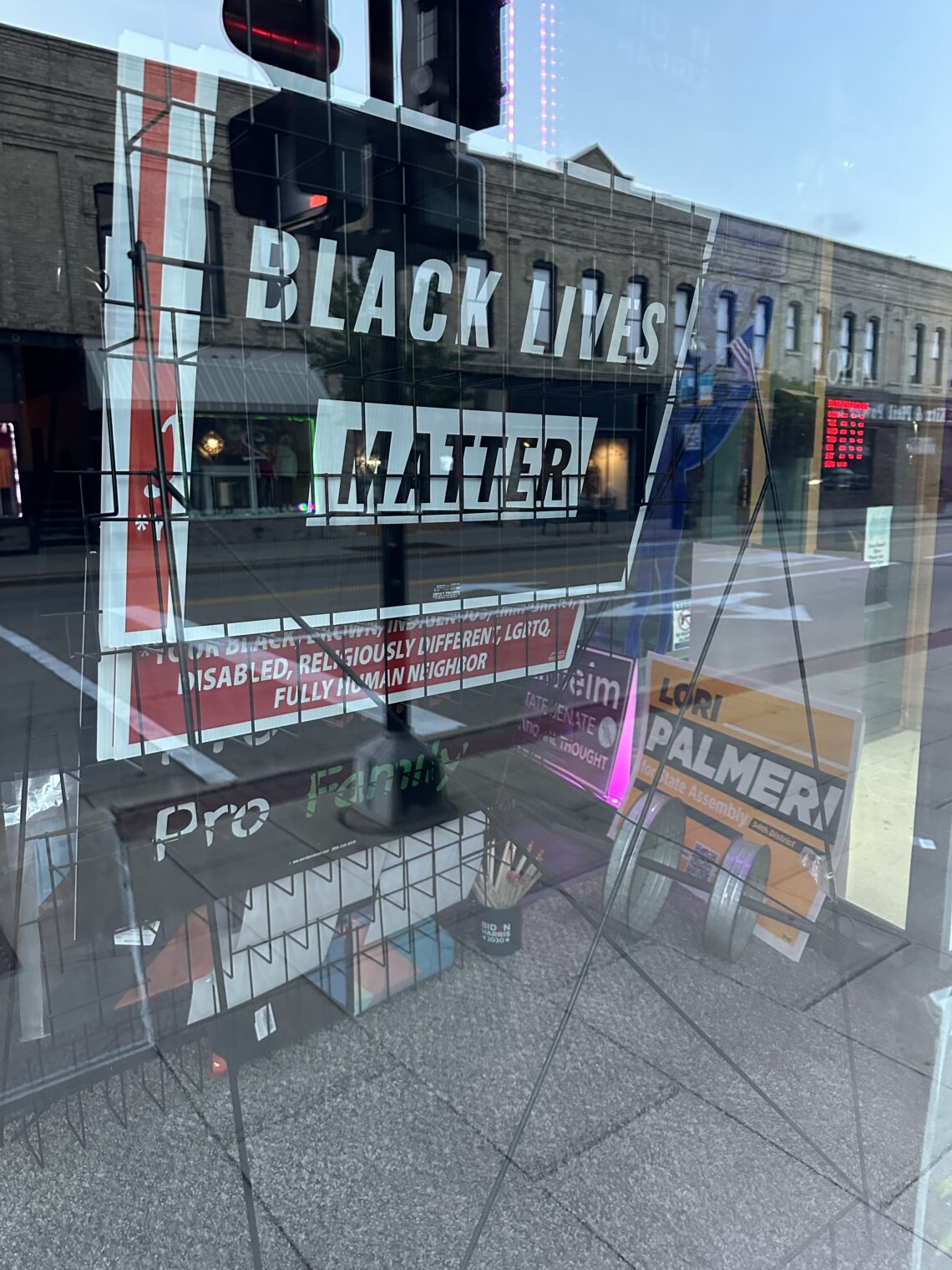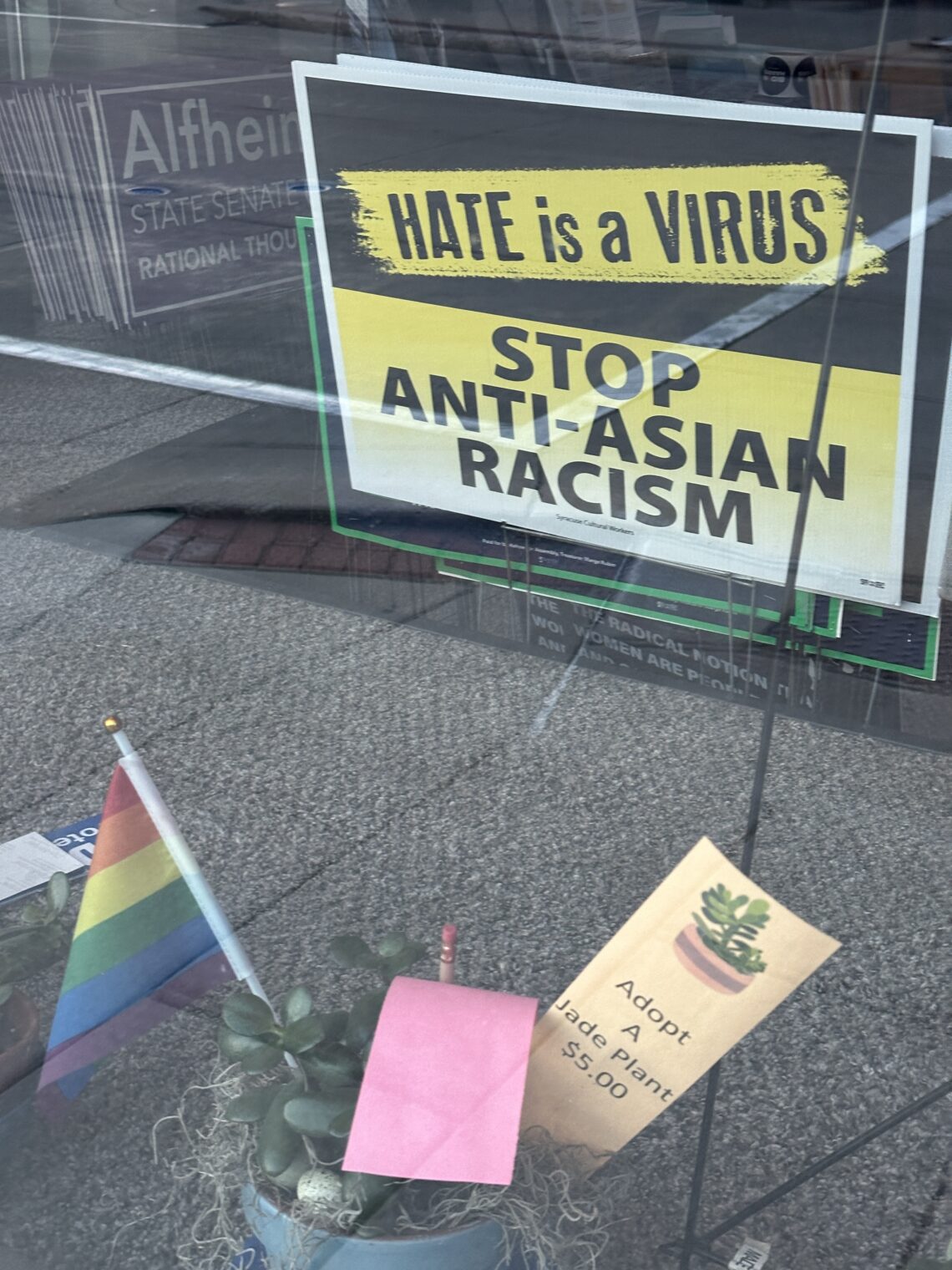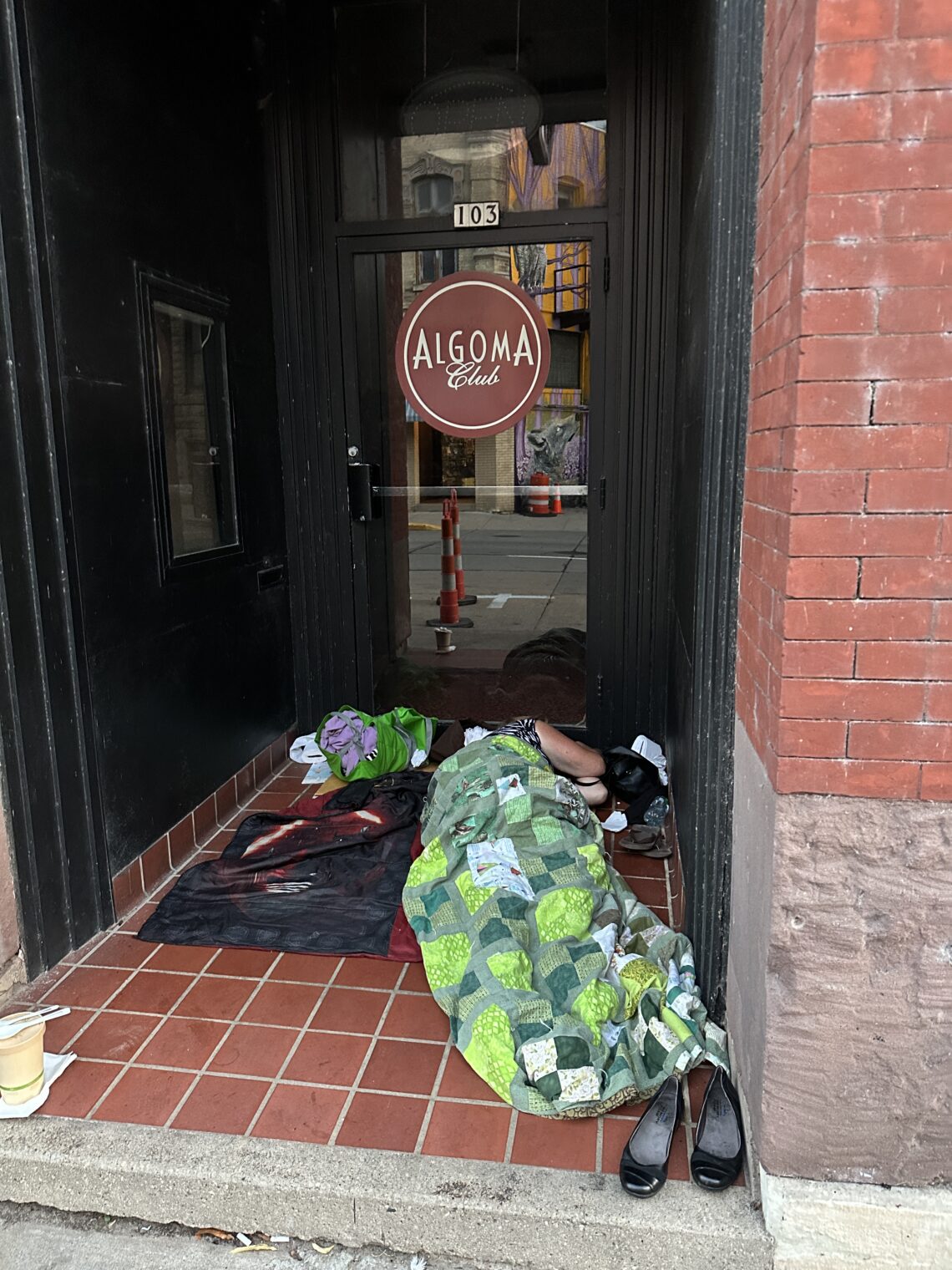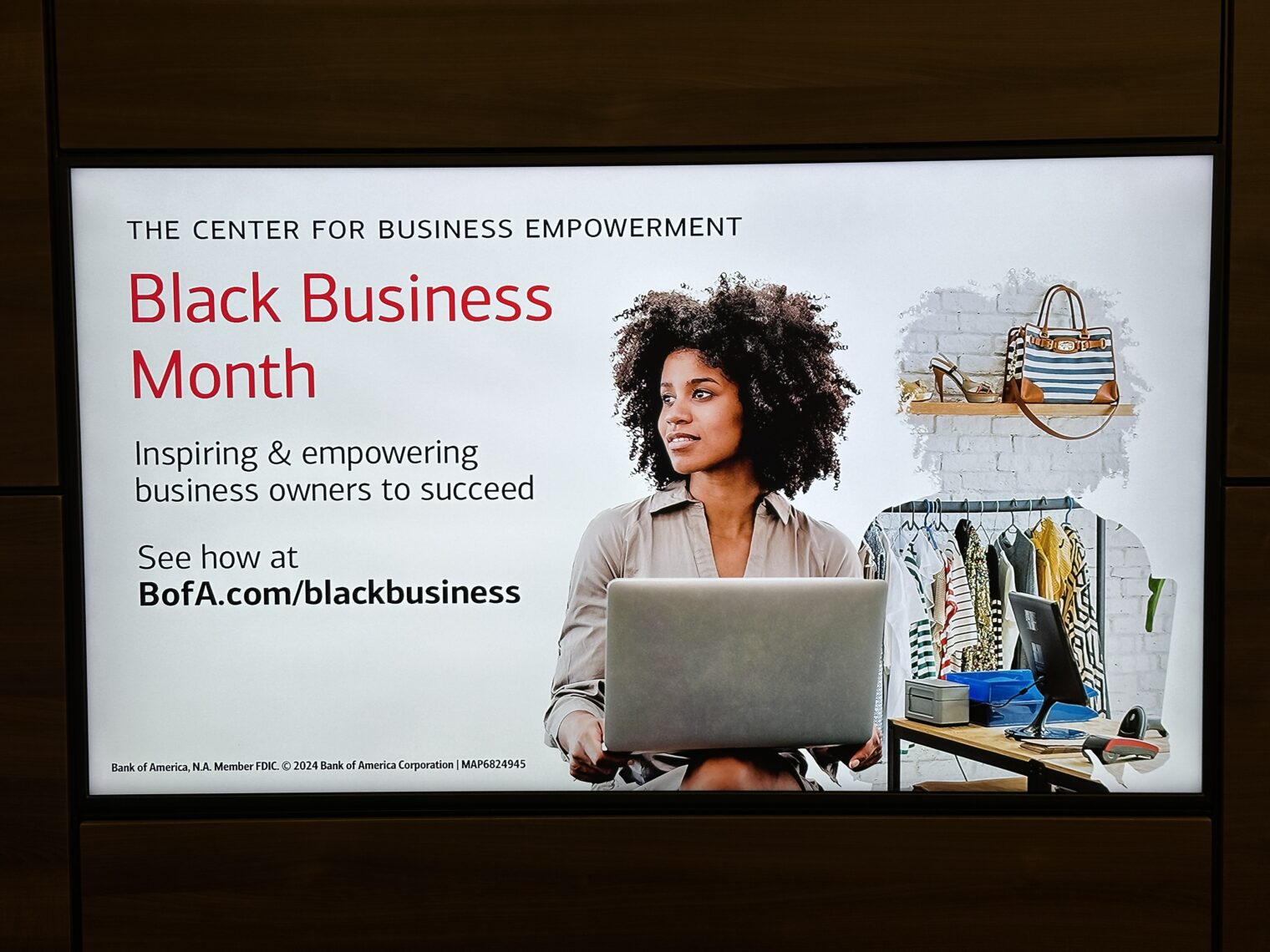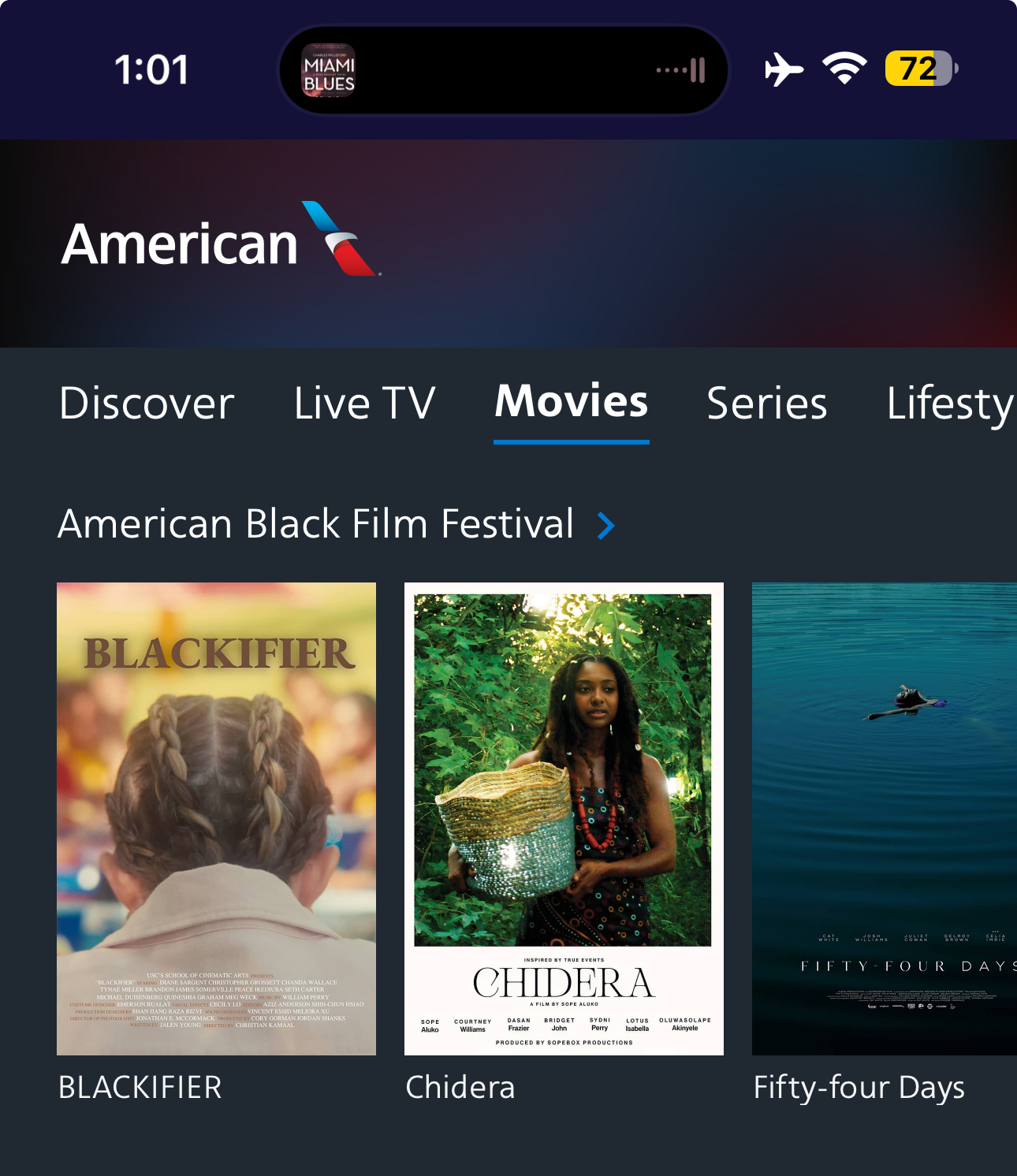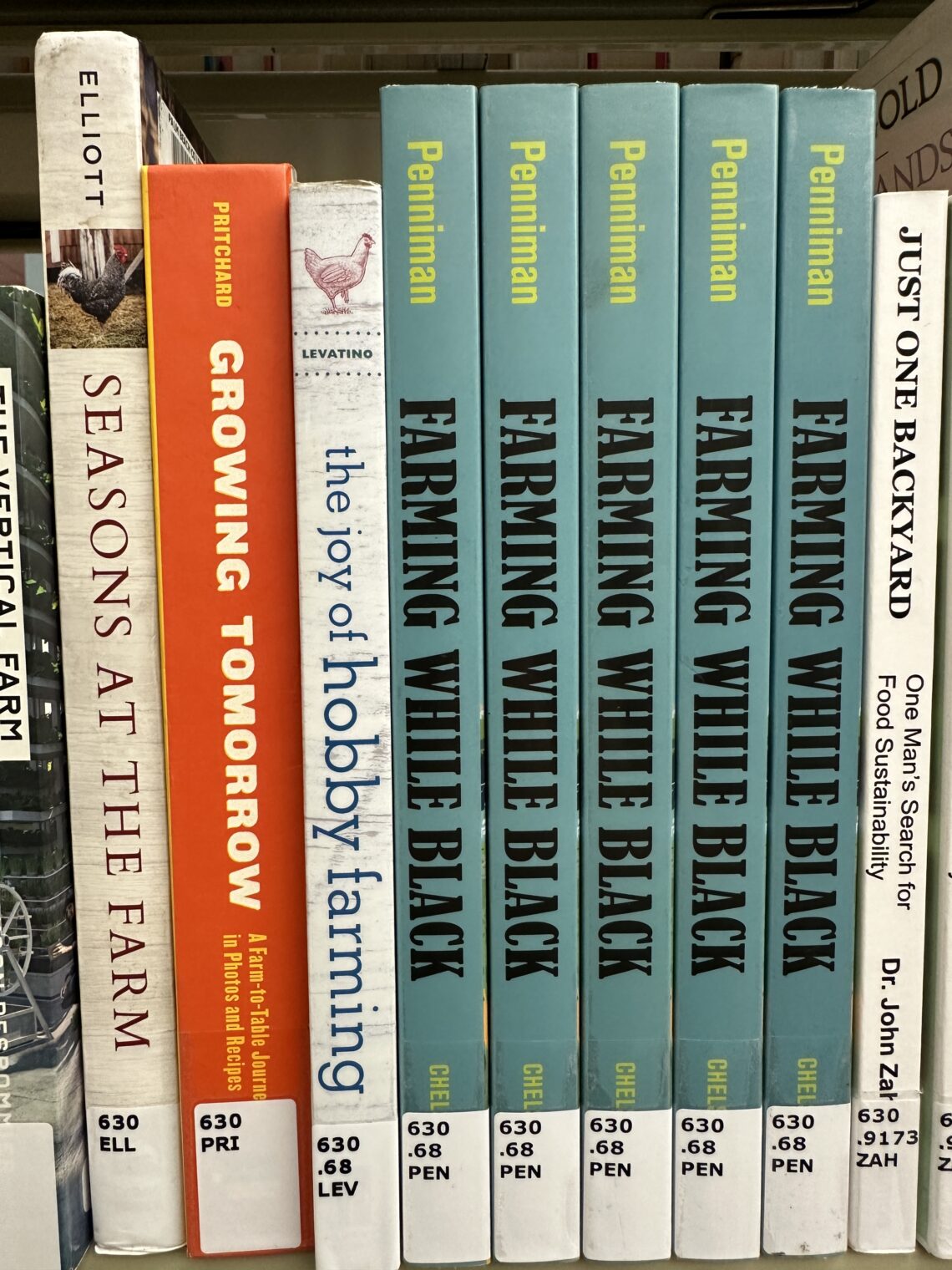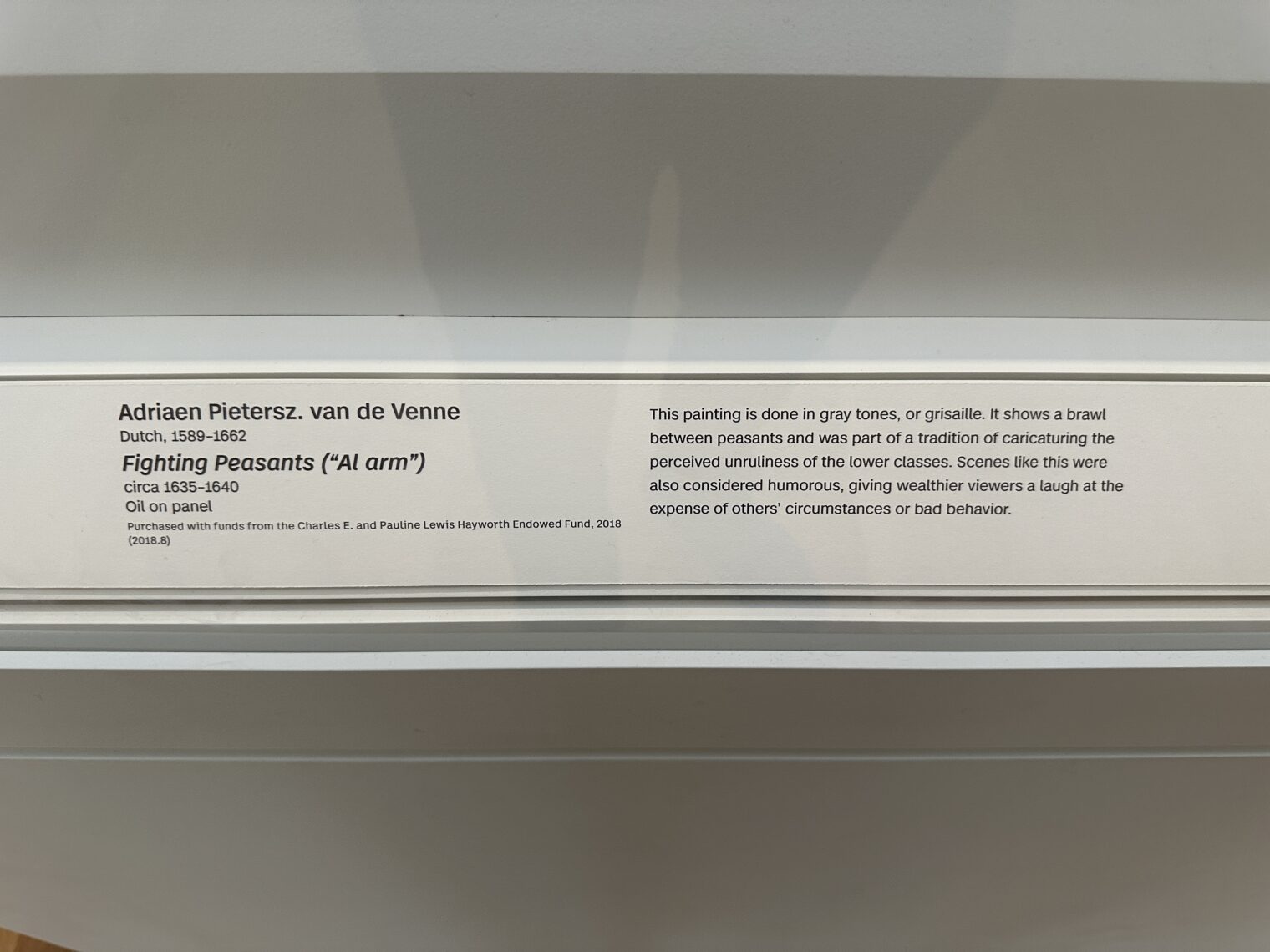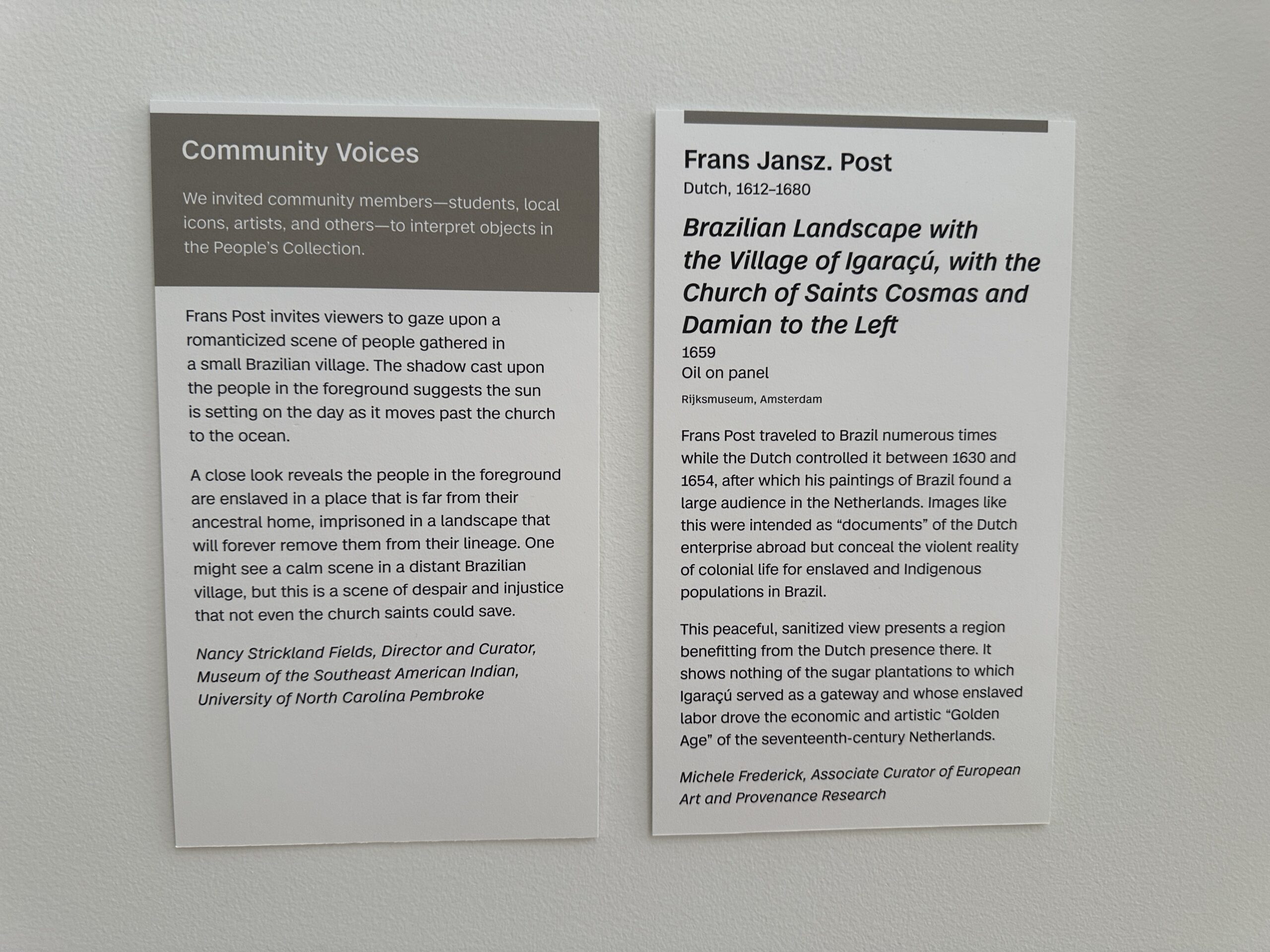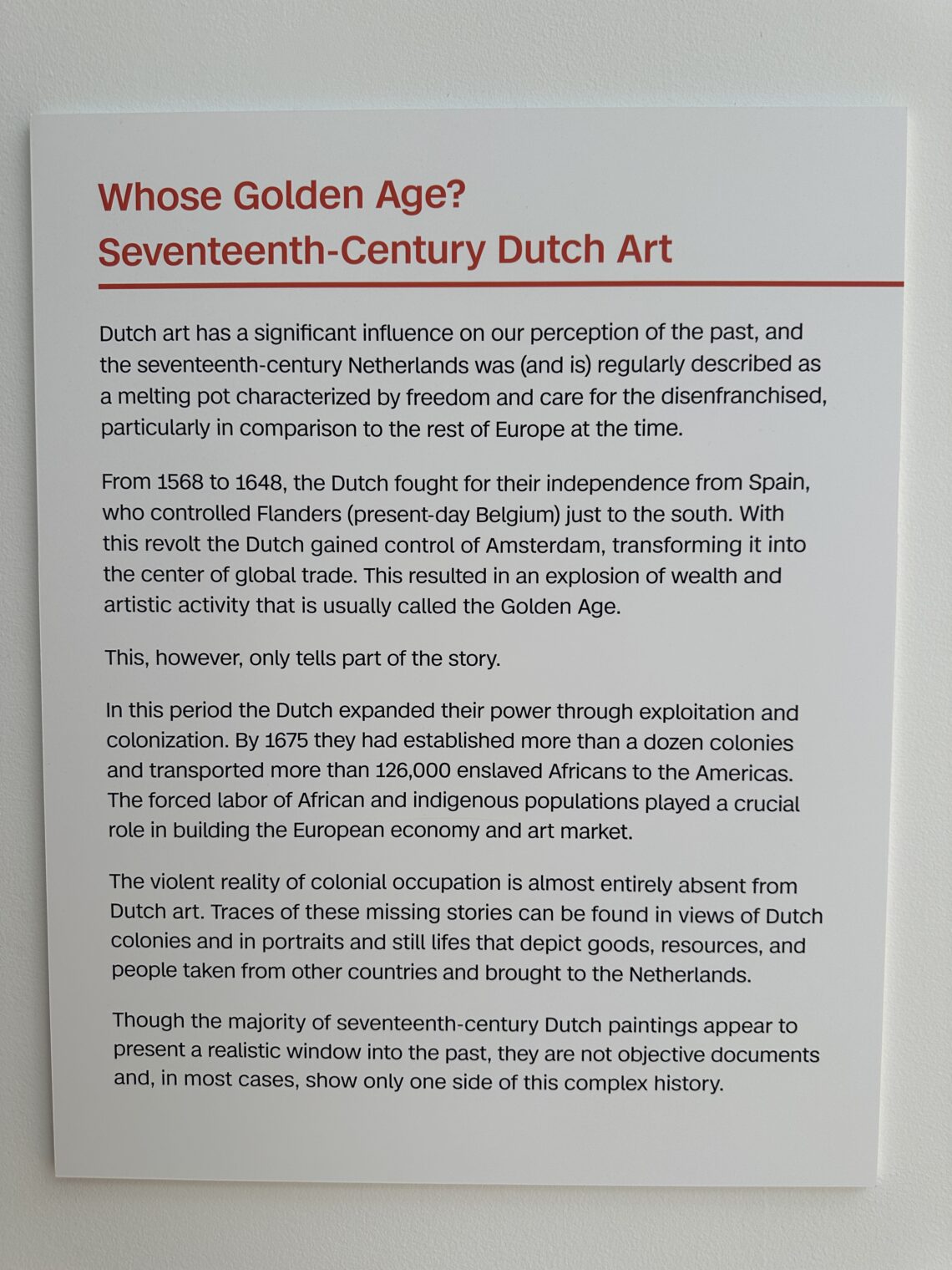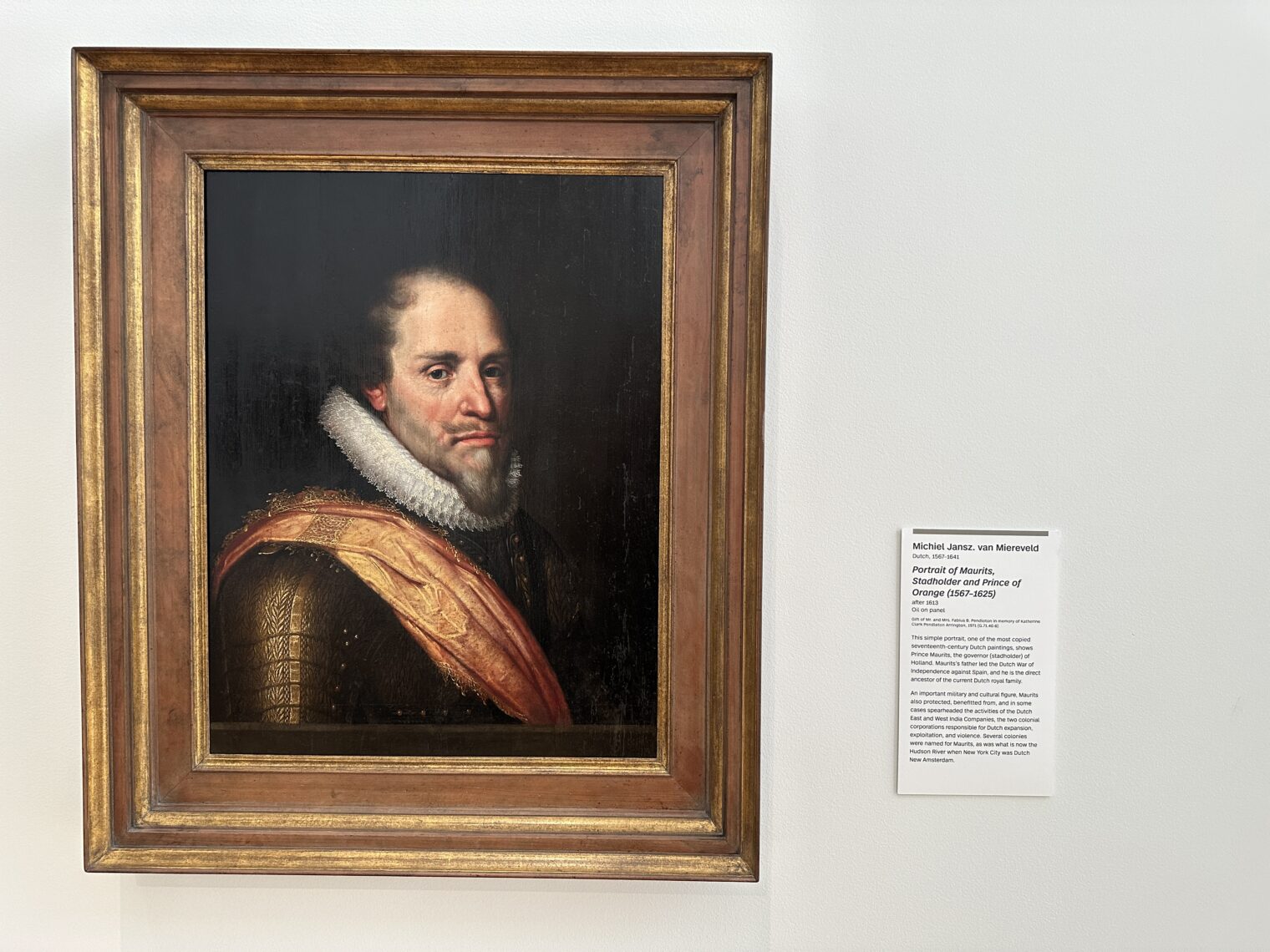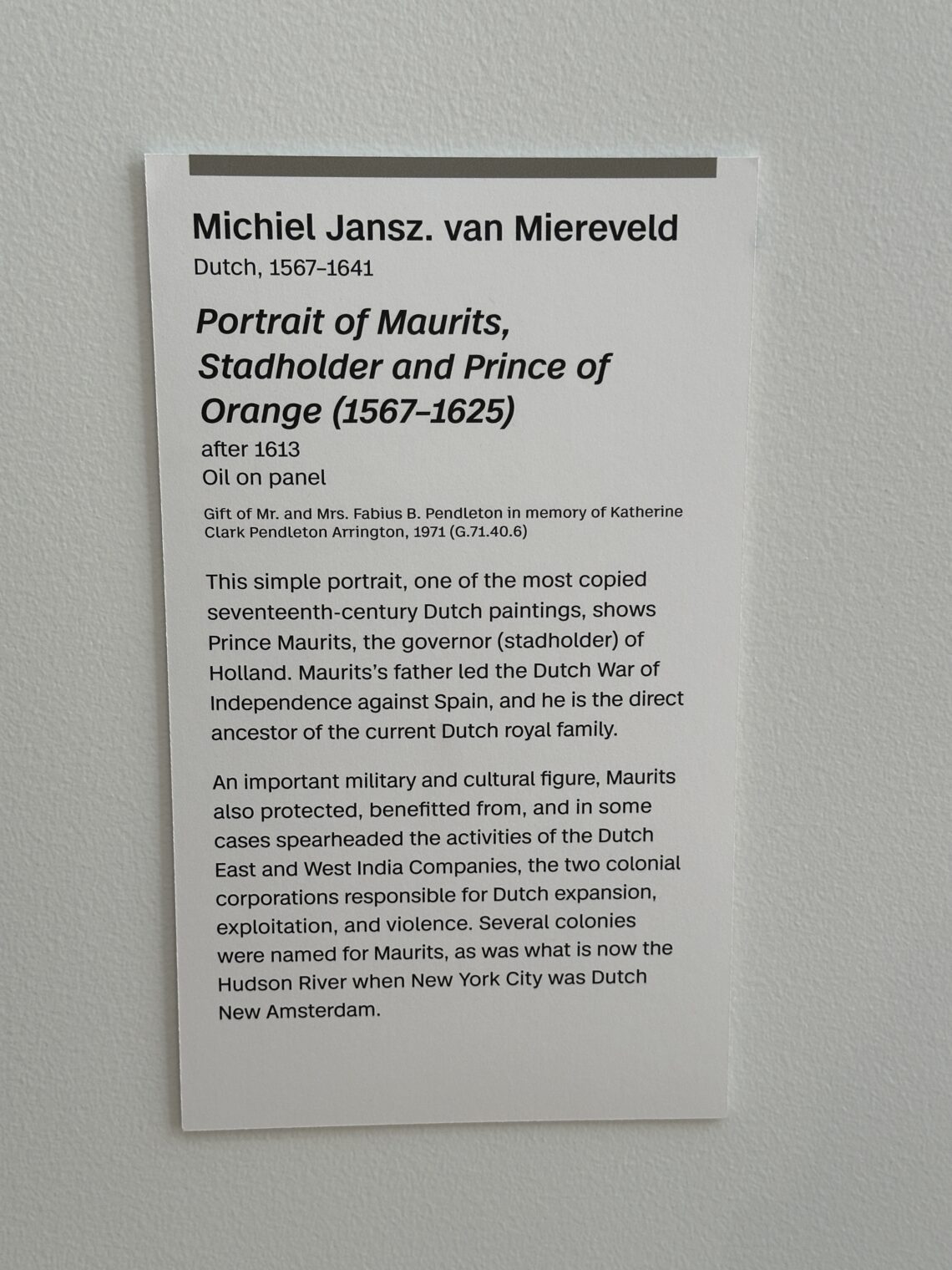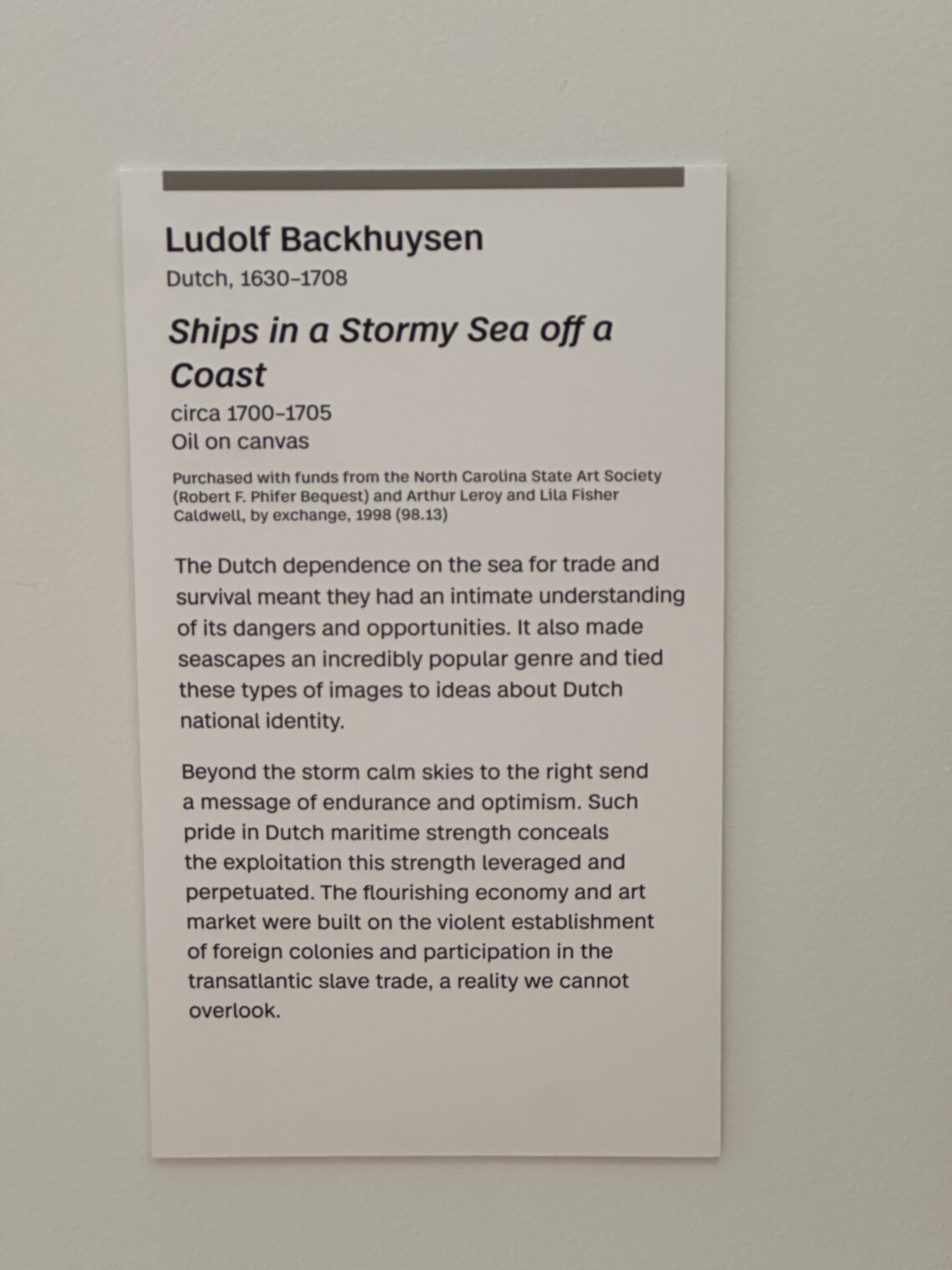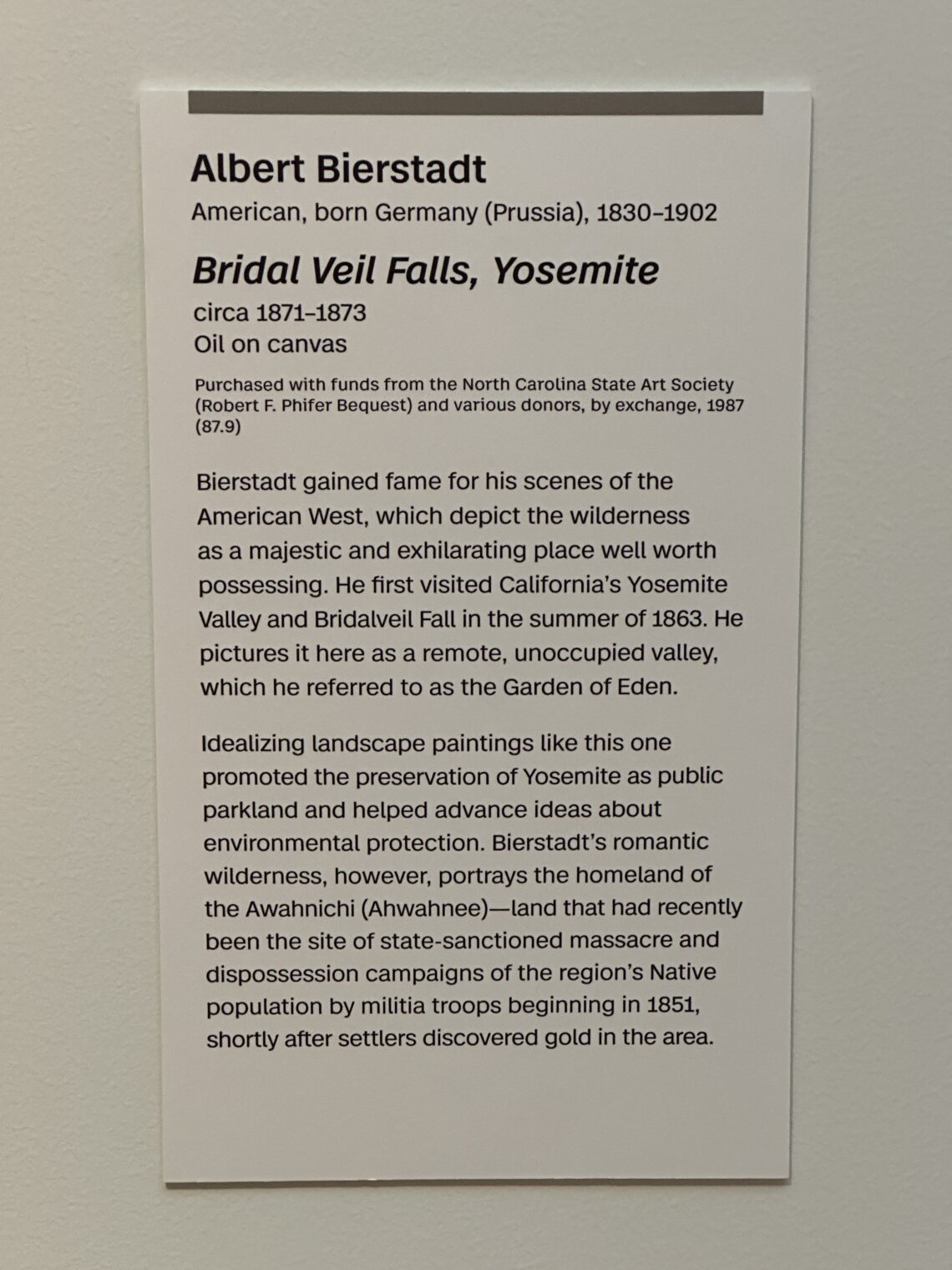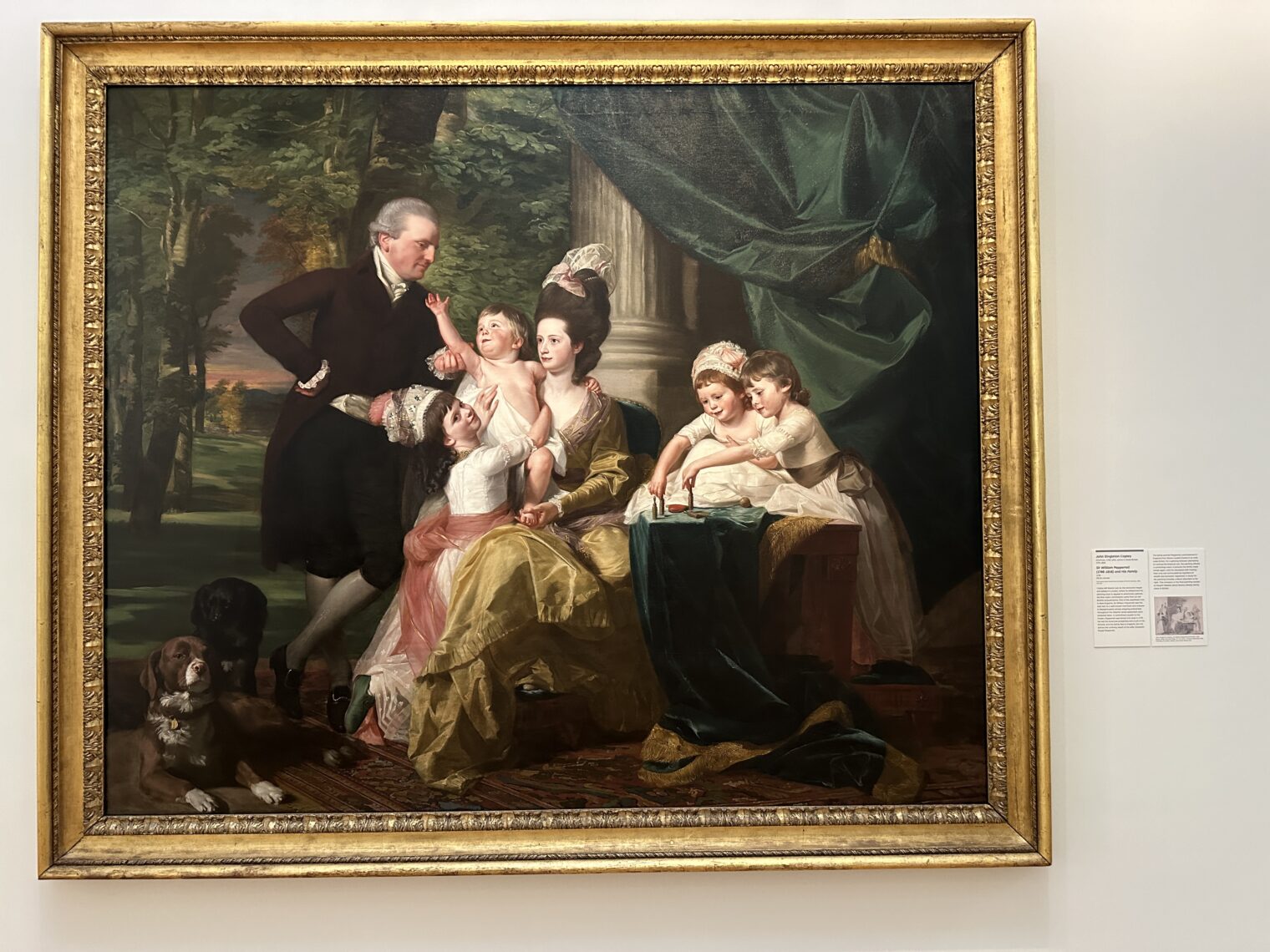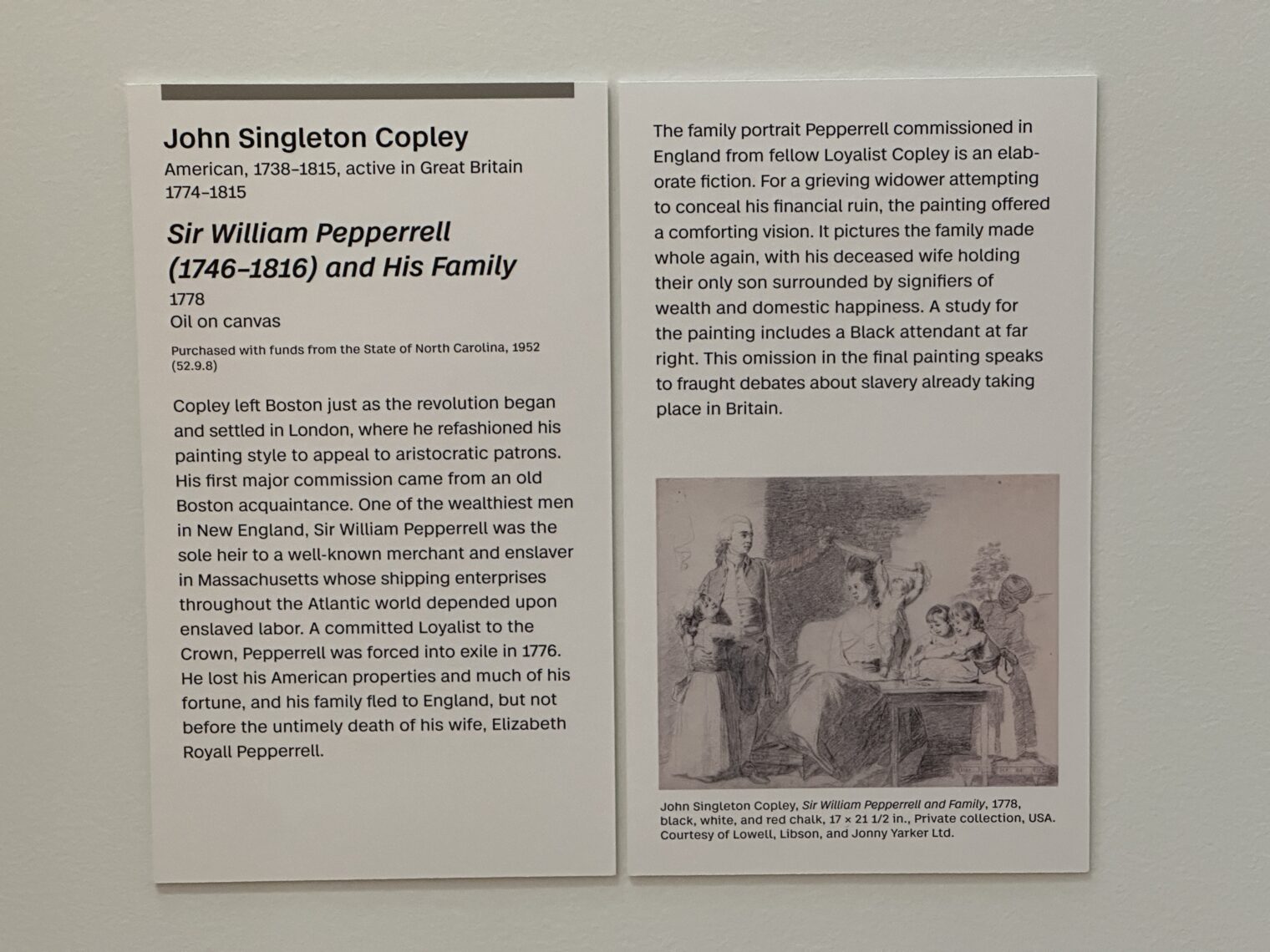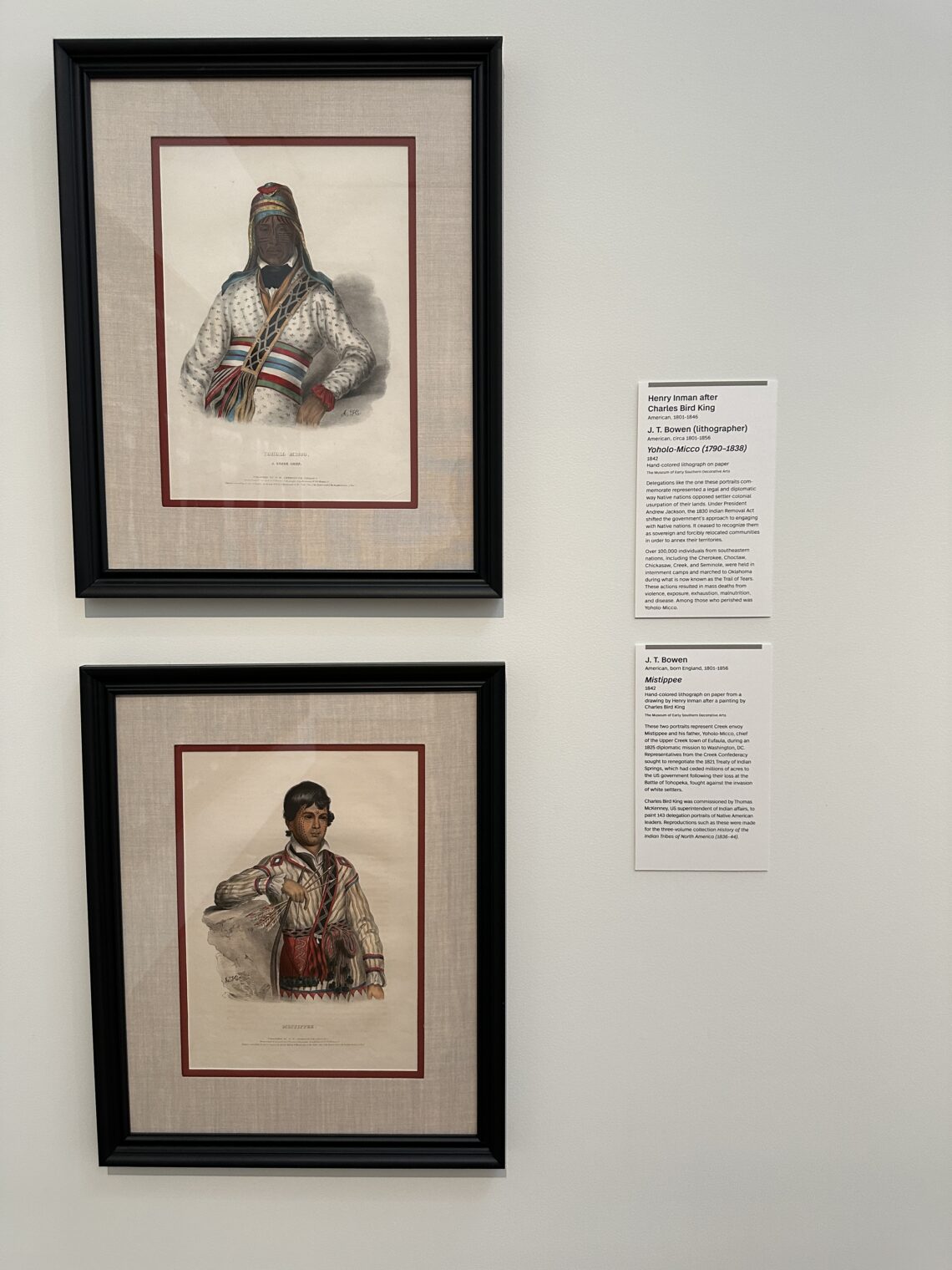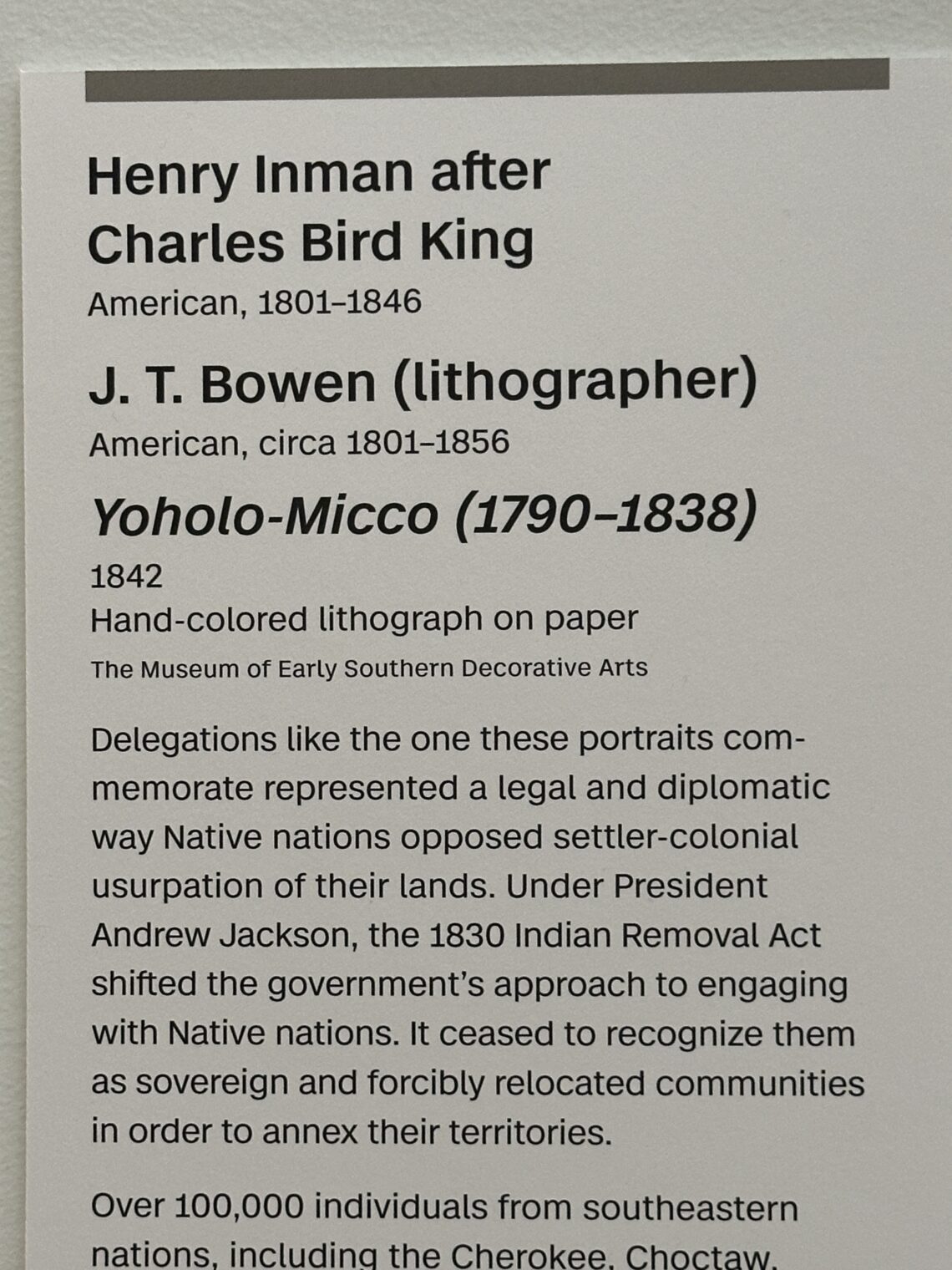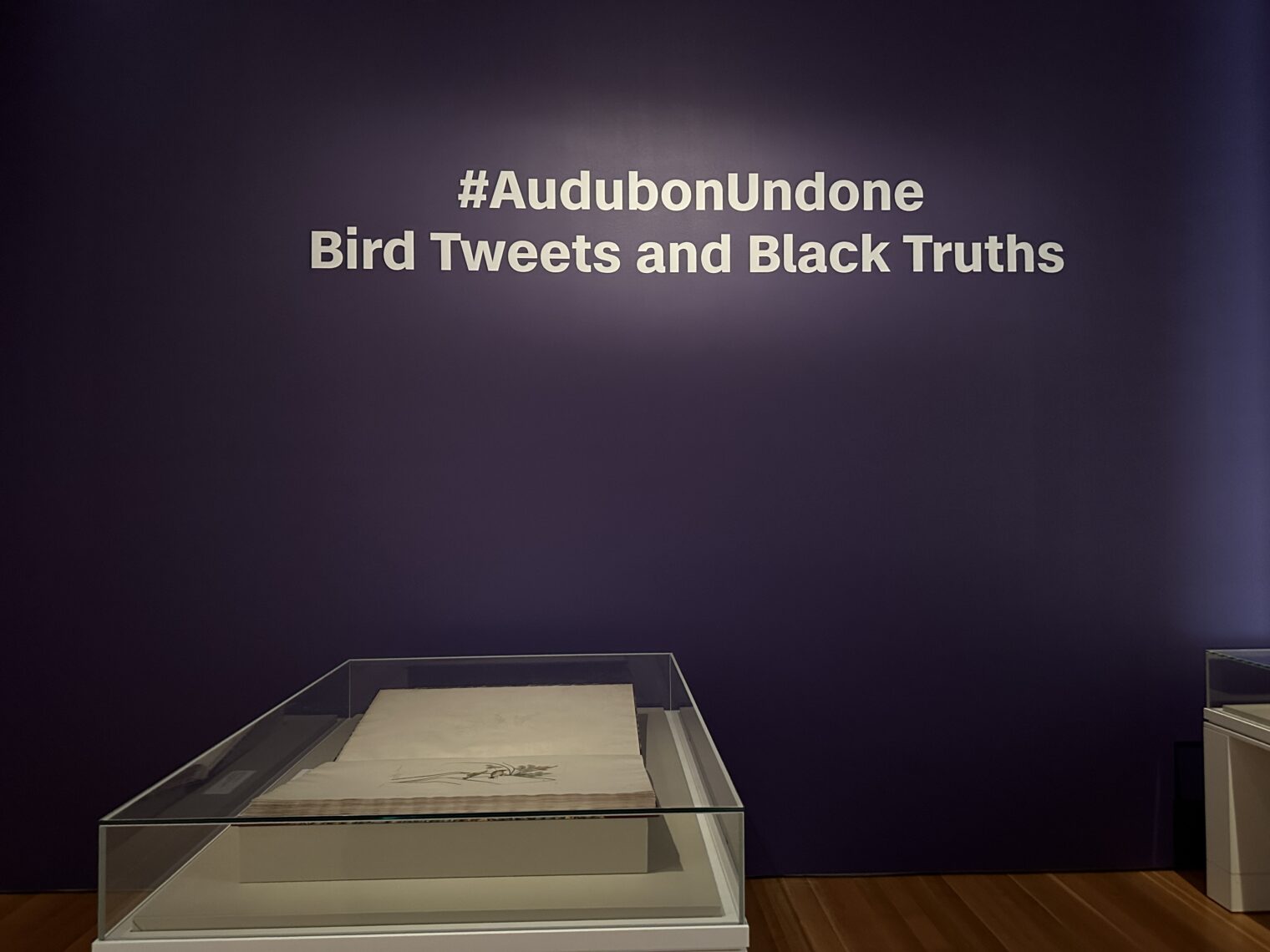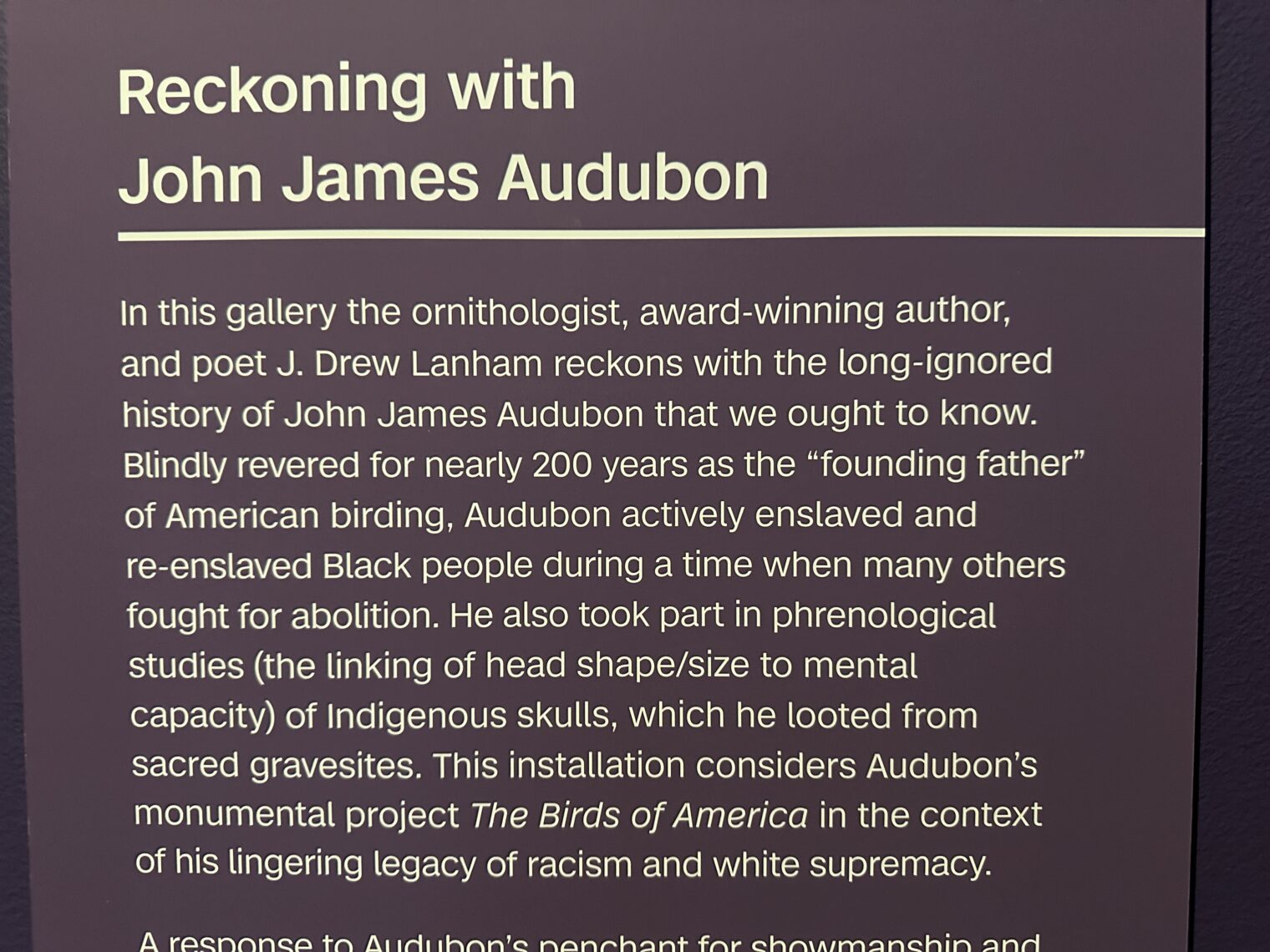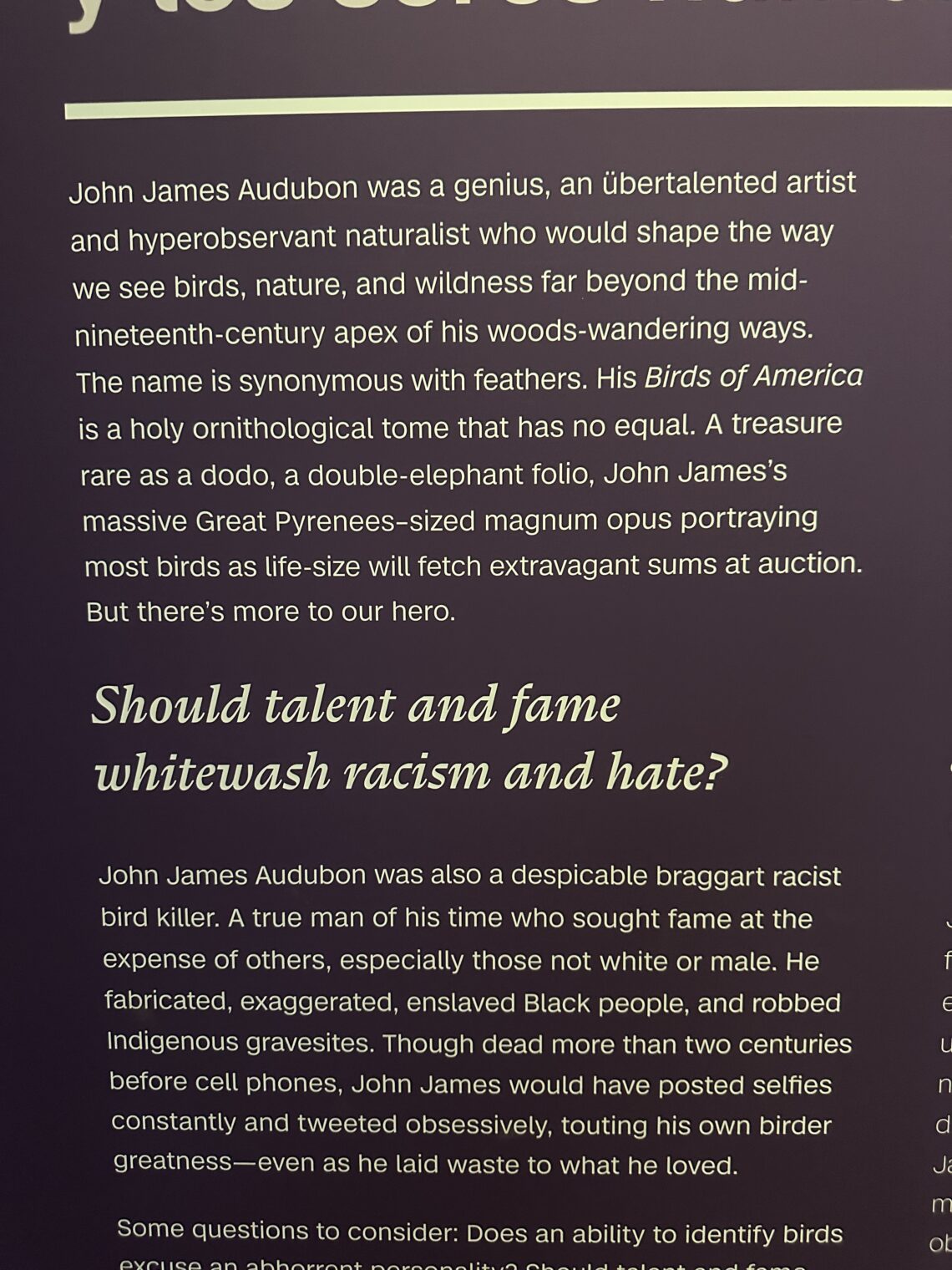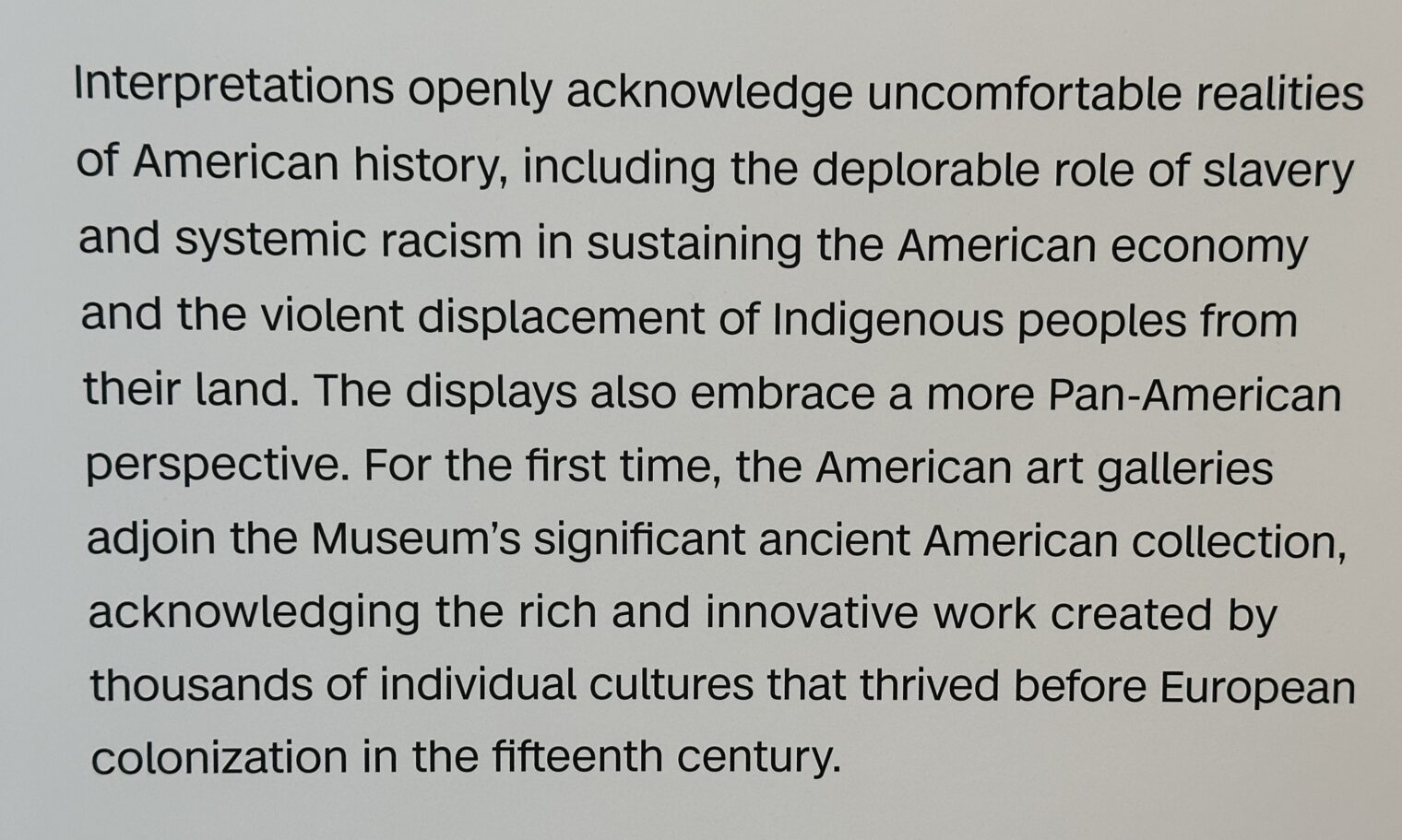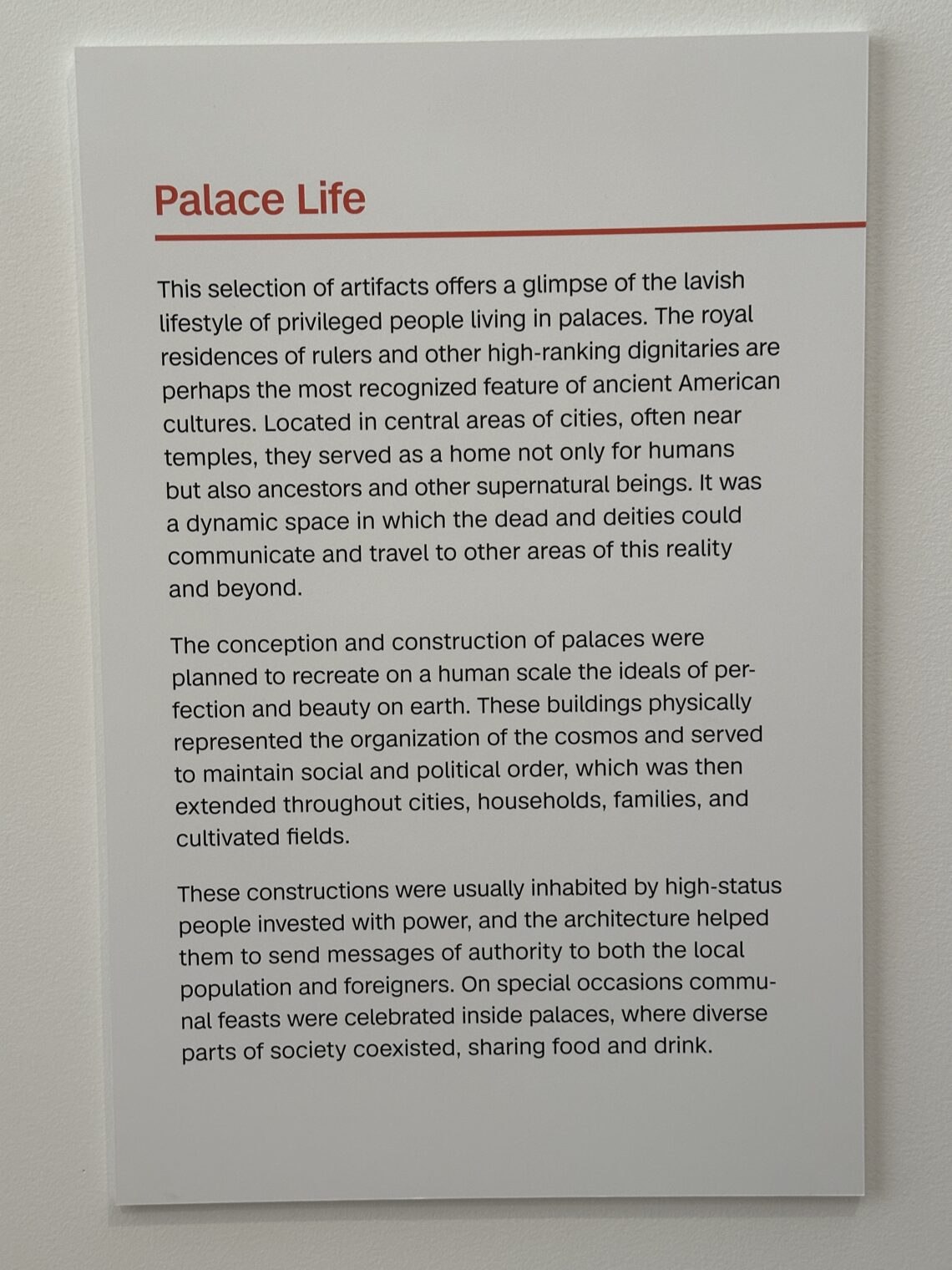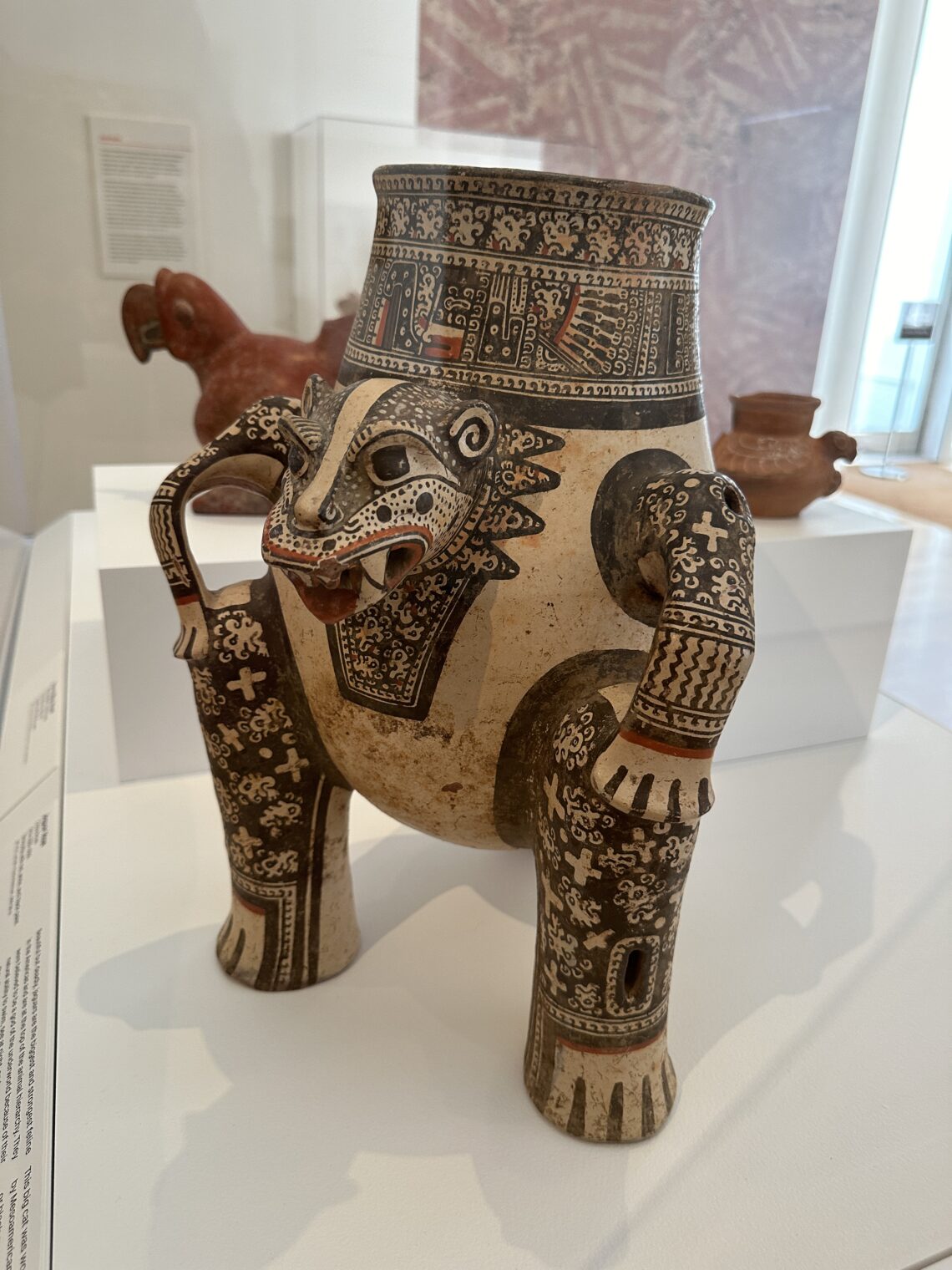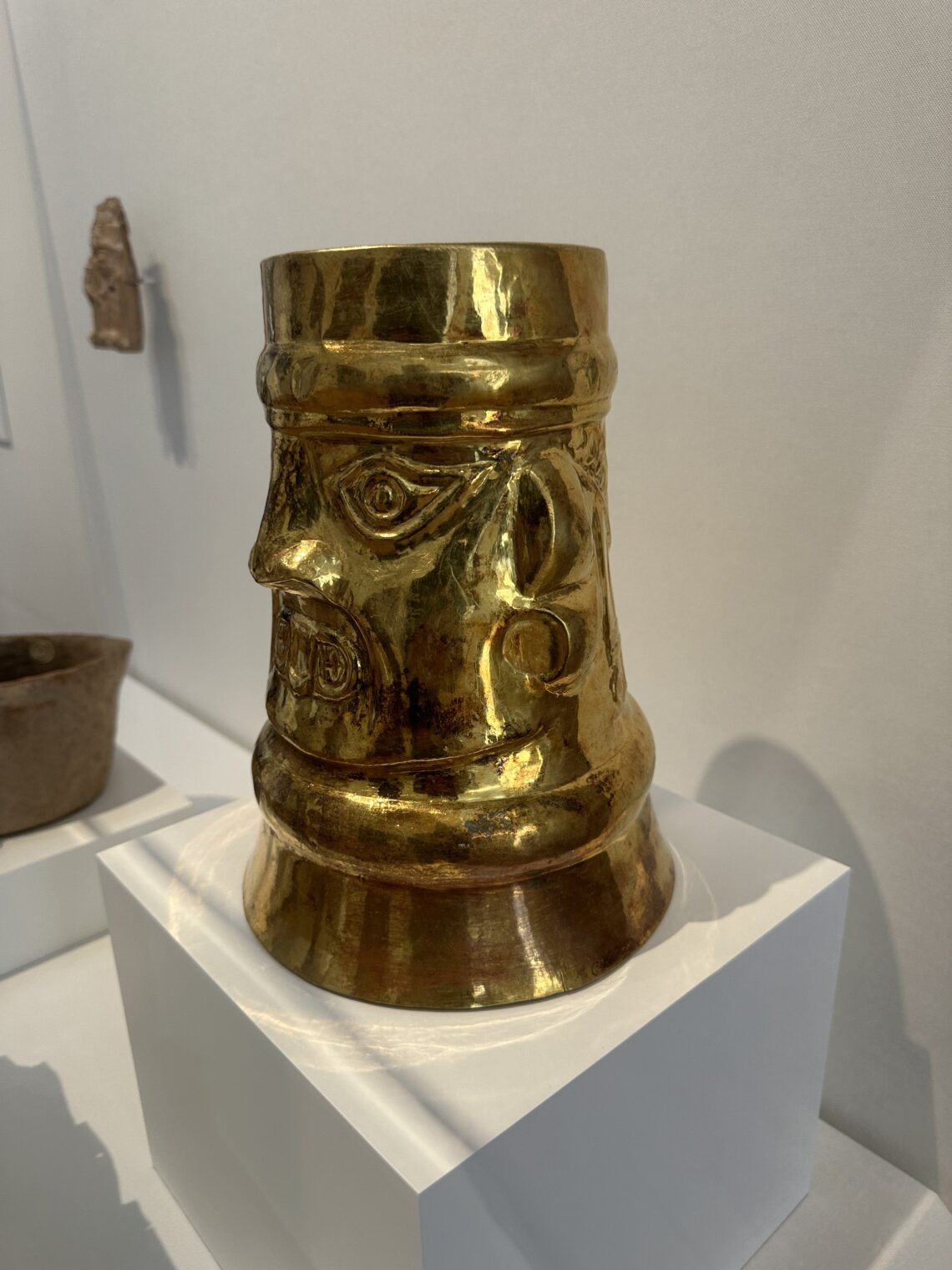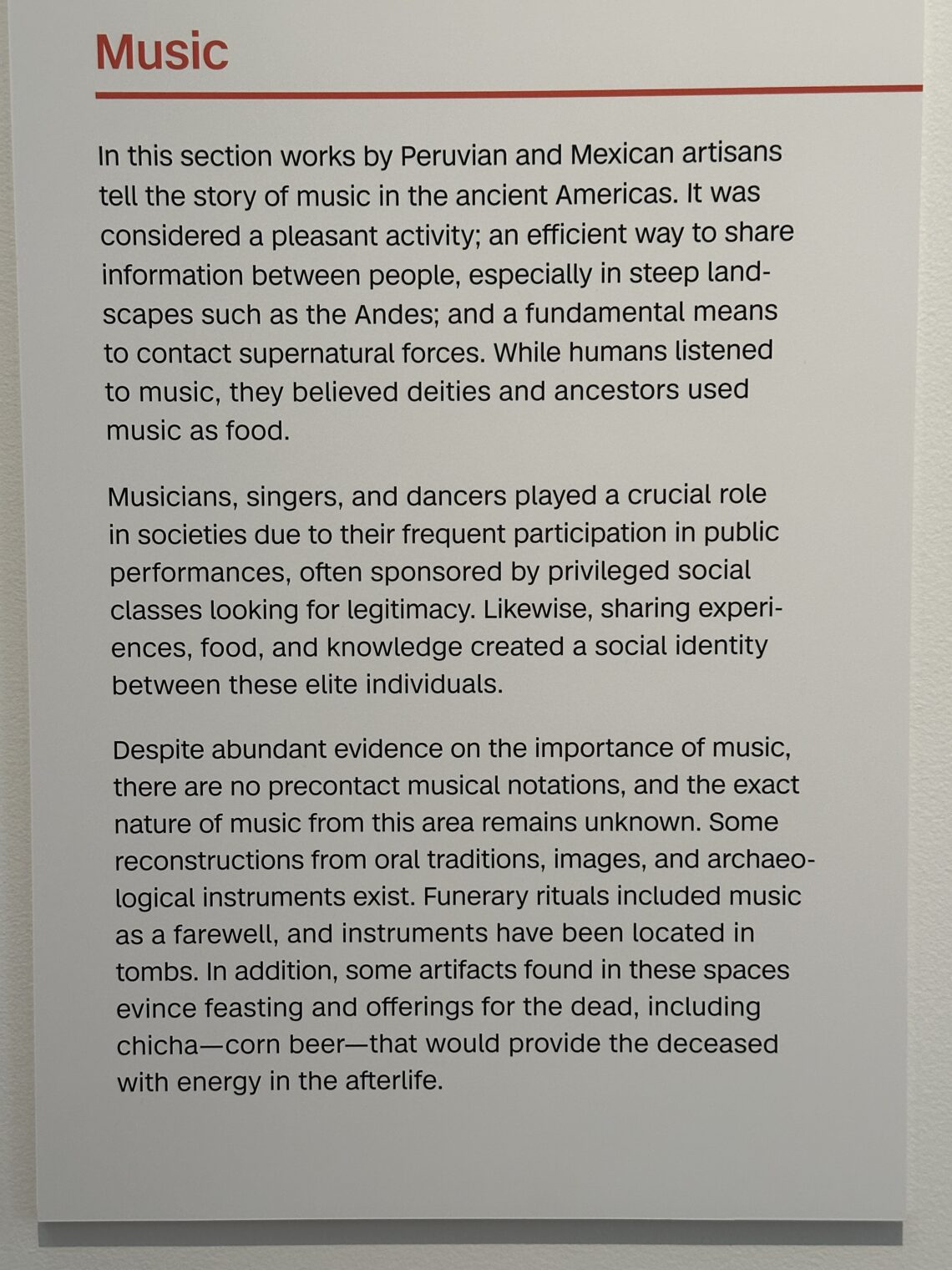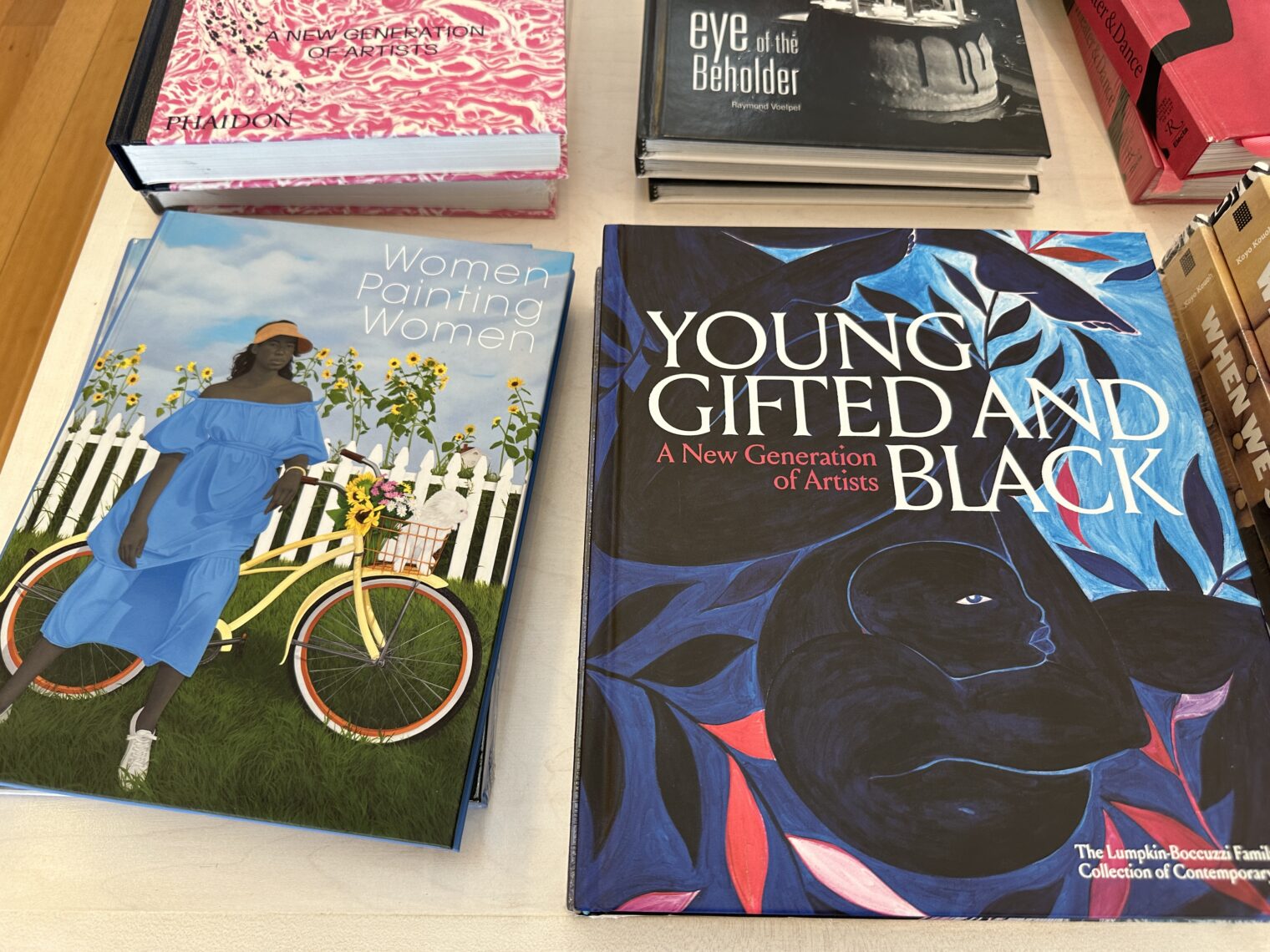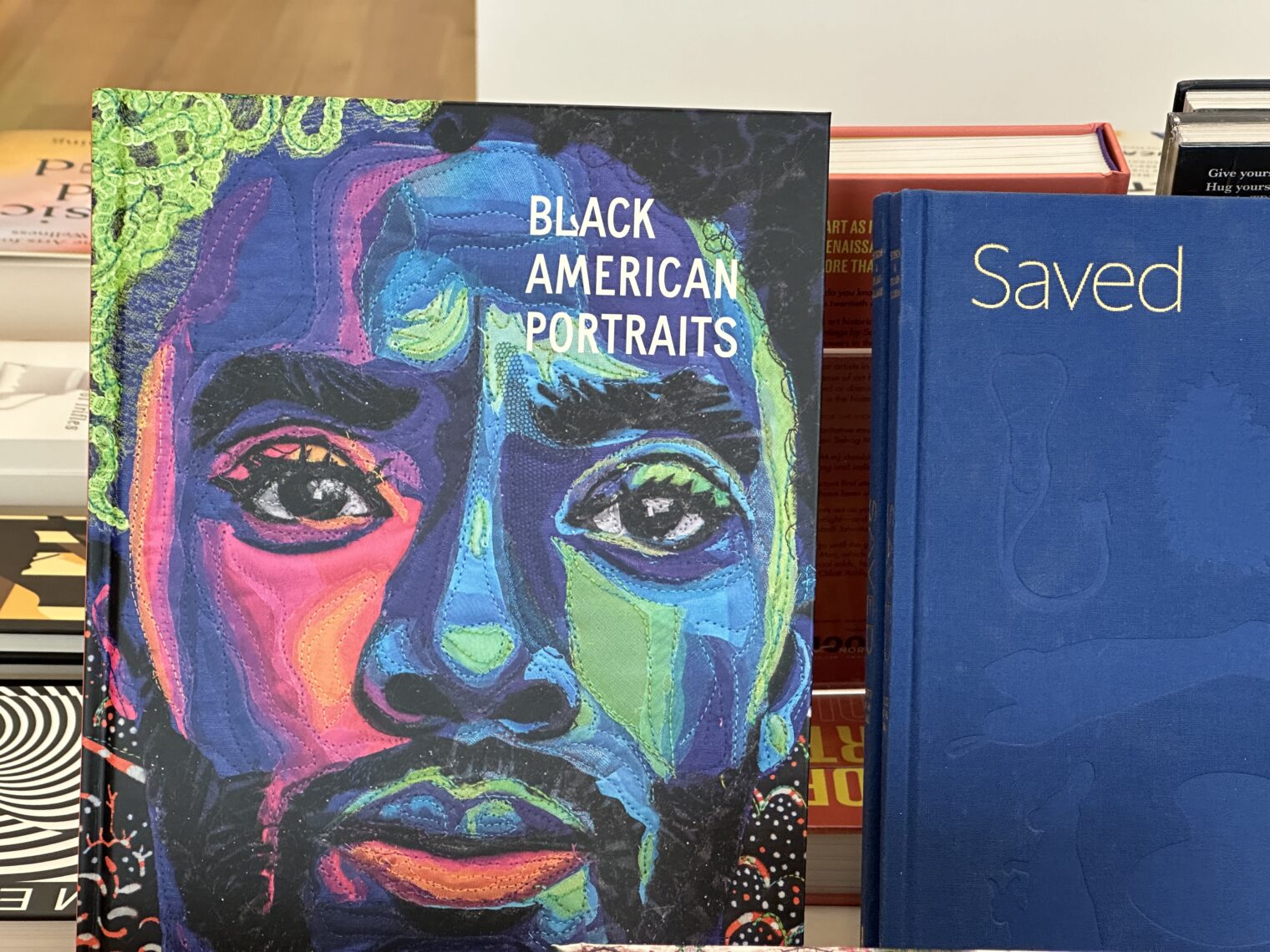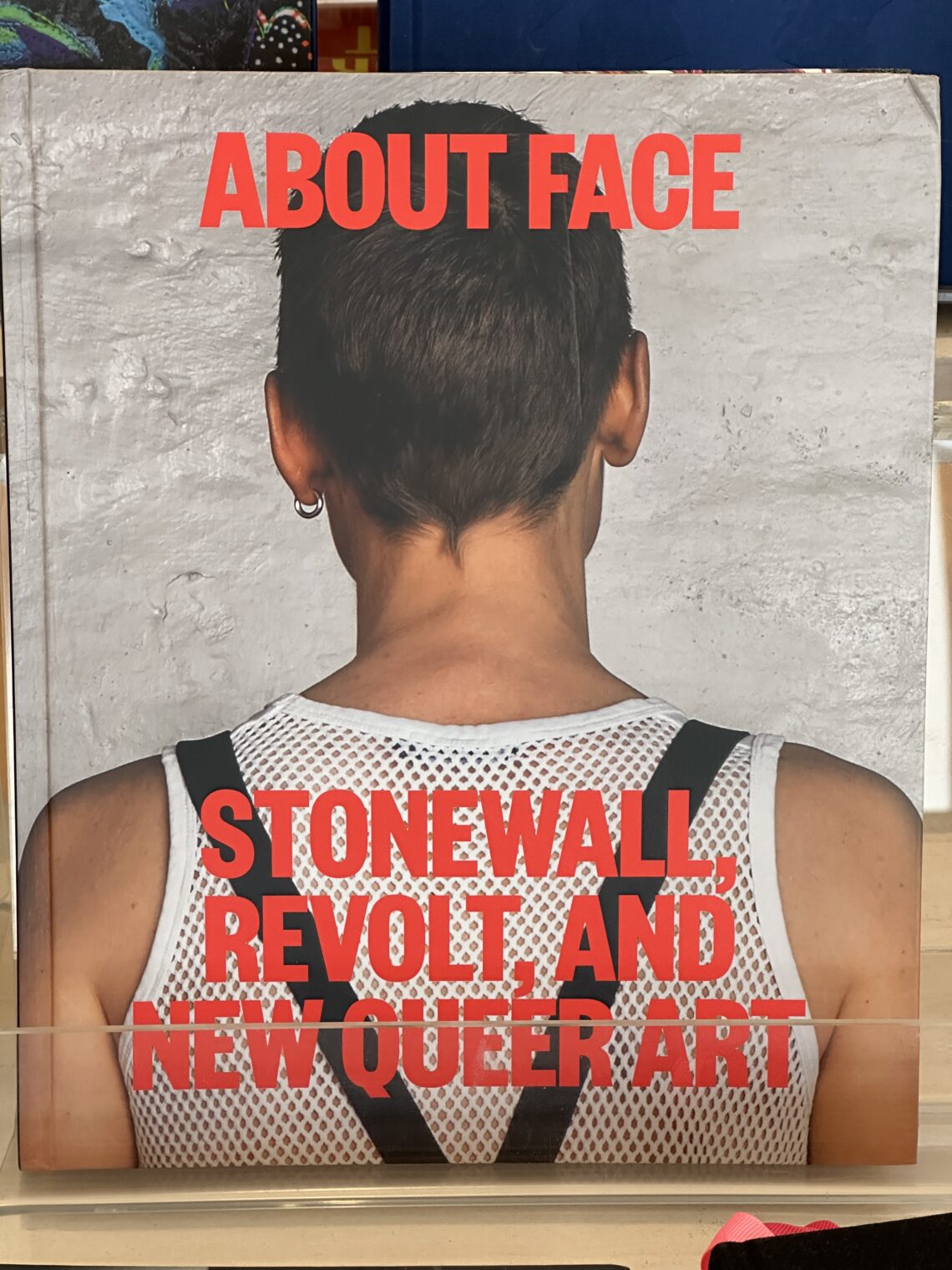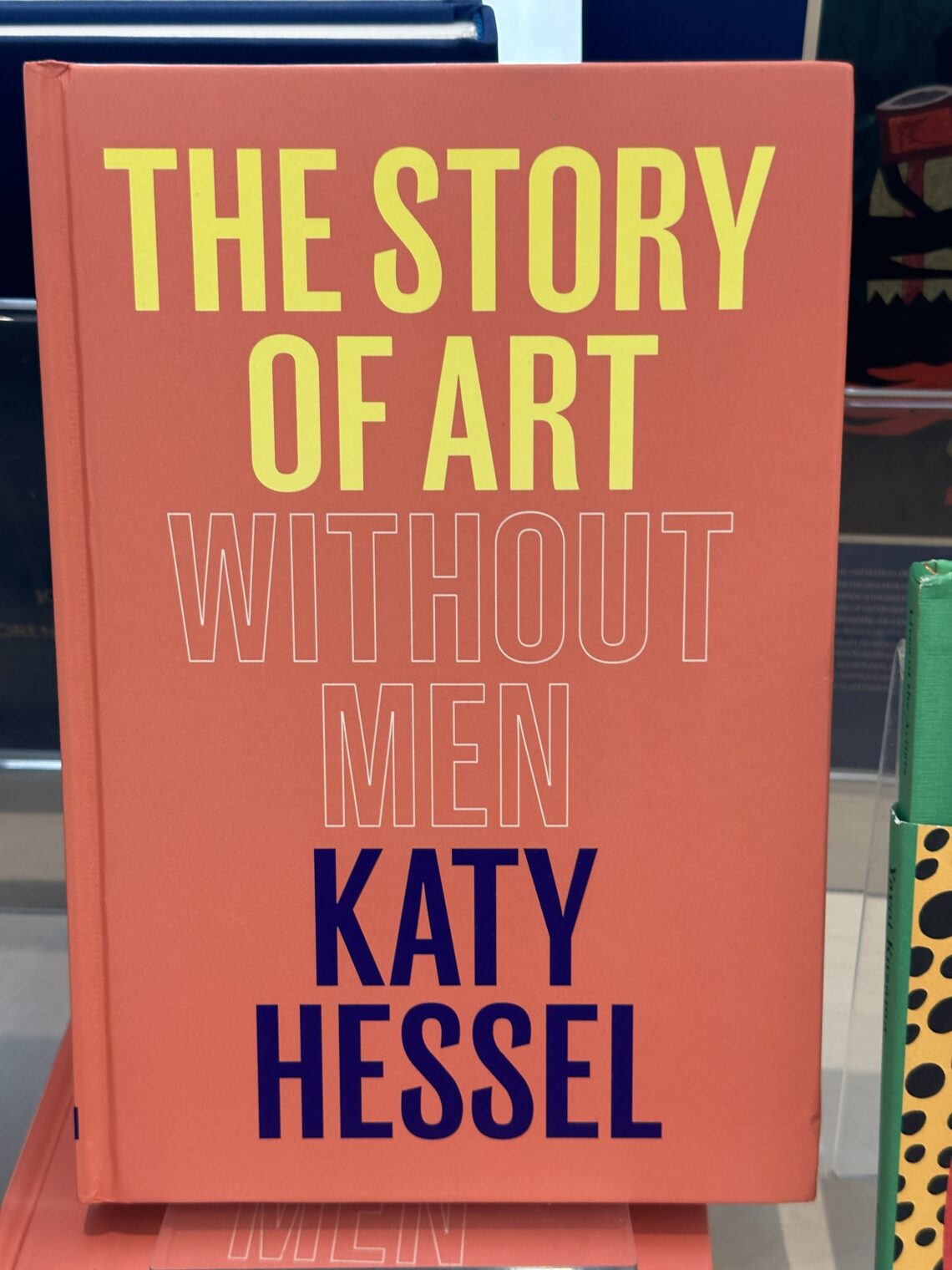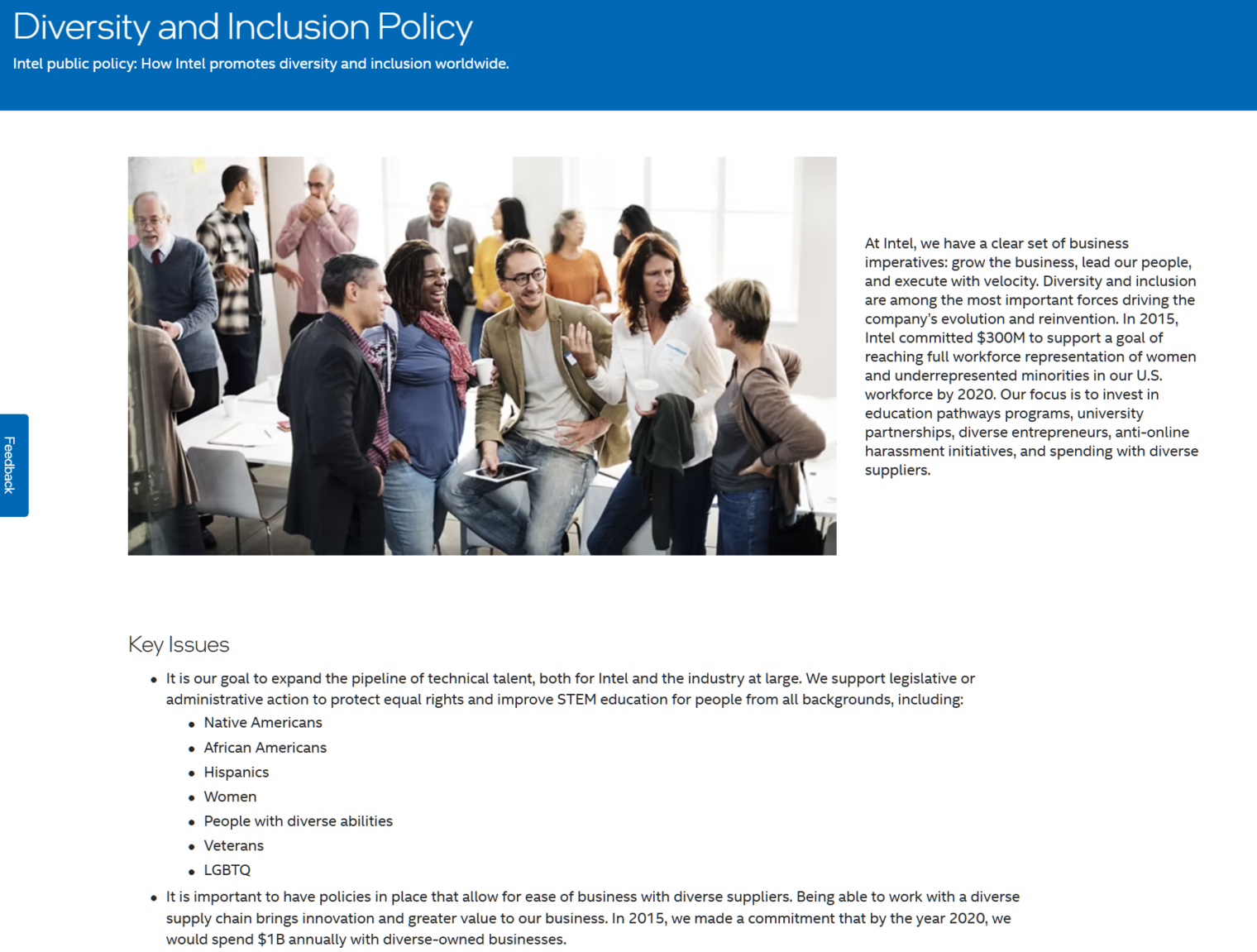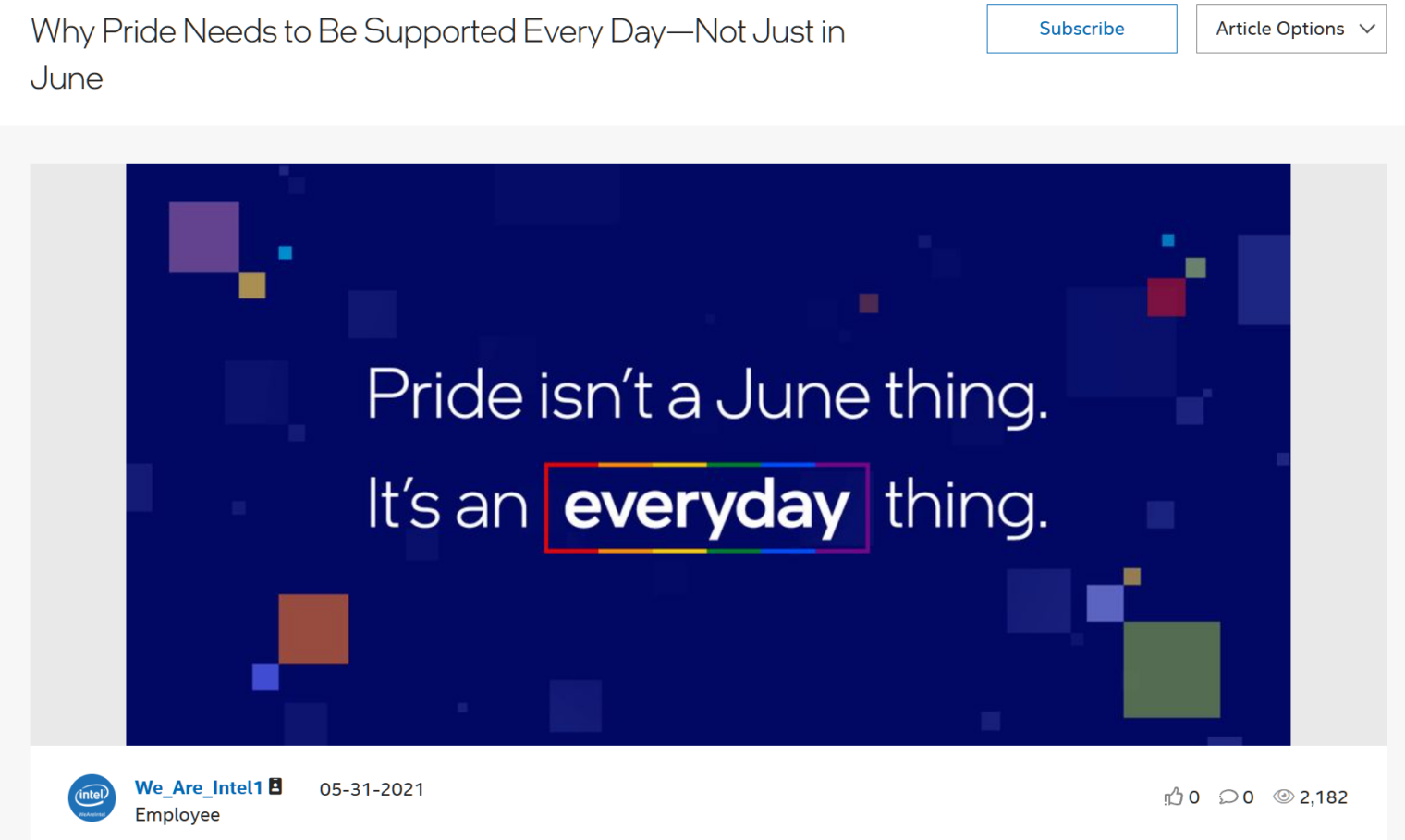A report to friends after testifying at a trial:
Our team of 25+ included a fresh-from-law-school white guy who was suffused with progressive values. He tried to engage a Black paralegal who lives in California and is about 60 years old on the beautiful paradise that awaits when we elect Kamala Harris. The noble Black man responded, “I’m voting for Trump.” The young lawyer was incredulous. Why?!!? “Because Harris is an idiot.”
(If the government didn’t assure us that we live in an inflation-free economy it might be alarming to learn that this Big Law firm has recently raised its rates on first-year associates to $1,000 per hour.)
Lionel Shriver, the creative mind behind The Mandibles, imagines a world in which it would be career-ending to note that Kamala Harris appears to have a lower level of intelligence than some other person or group of persons. I wish that her new novel were titled Cognitive Equality, a phrase that occurs in the book, rather than Mania. But who am I to criticize the marketing folks at HarperCollins for being… “otherwise”.
Chapter 1, set in 2011, will feel familiar to anyone who lived through the rise of BLM in Maskachusetts:
Last fall, this leafy neighborhood had signs planted in nearly every yard, “Morons” welcome here!—the same sign that businesses in strip malls all taped hastily to their windows. But overt usage of such terms of opprobrium even in quotation marks rapidly morphed from declassé to crude to deadly, so the current crop of yard signs was more sedate: We support cognitive neutrality.
Yet as the drive for intellectual leveling gathered steam, it was the sharpest tacks among that elect who jumped on the fashionable bandwagon first.
How did we get to Queers for Palestine and gender-affirming surgery on teenagers?
social hysterias do not stand still. If they are not yet losing steam, they are getting worse. And this one was getting worse. Radical movements keep ratcheting up their demands, because nothing enervates a cause more than success. Crusaders resent having their purpose stolen out from under them by the fulfillment of their quest; reaching the promised land leaves seekers bereft. There’s little to do in a utopian oasis but sip coconut water. So the journey must never be completed. The goal must remain out of reach. To preserve the perfect impossibility of getting there, the desired end point becomes ever more extreme.
In Shriver’s alternative 2012, the world’s best leader is shunned:
the Democratic Party’s apparatchiks had concurred by January that Barack Obama had become a liability. The president was aloof, snooty, and supercilious. Never having gotten the memo about suppressing that silver tongue, he still deliberately rubbed the popular nose in his own articulacy. Either he was failing to track the national mood or he just didn’t like the mood. Frantic advice from his press secretary notwithstanding, he continued to convey the impression that he thought he was smarter than the average bear.
Joe Biden is considered to be “was impressively unimpressive” and is put forward as the new candidate. He wins the election and proceeds to appoint cabinet members according to the new and improved version of DEI:
It was proudly shouted from the rafters by a fawning media and Biden’s own press secretary that the president was purposefully seeking out the “historically marginalized,” i.e., stupid people.
(Biden was eventually not considered dumb enough so the Democrats turned to someone even dumber, at least in the author’s mind, for 2016… Donald Trump.)
The protagonist’s friend catches the wave and rises to prominence on CNN:
As far as I could ascertain, she was making a name for herself as the intelligent face of idiocy. The formula seemed to be not form following content but form clashing wildly with content. She was smooth, alluring, and sexy, but most of all she came across as blatantly bright. Thus she flattered her viewers, who, if everyone was as smart as everyone else, were also as smart as this silver-tongued broadcaster.
A literature professor struggles to adapt:
“The point is,” David said, “in my courses, I’m now meant to celebrate all the historical figures we’ve customarily overlooked.” “You mean the people who never achieved dick,” Felicity said. “Now, that’s much too harsh a way of putting it,” David abjured with a shut up glare at his younger daughter. “Yes,” Kelly said. “And a more rounded version of the past, one that tries to include all those people who weren’t singled out as special—it’s much more equitable.” “But there are . . . logistical problems with following this rubric,” David said. “We simply don’t have records of all these otherwise folks who were callously dismissed in their time. I can explain to students why a host of erstwhile distinguished figures have been acclaimed unjustly, but I’ve no idea how to go about digging up biographies of, you know—” “Nineteenth-century knuckleheads,” Felicity filled in. “Honey, you know we don’t talk like that in this house,” Kelly said.
Doctors are admitted to medical school without discrimination according to cognitive ability and the result is that the elite fly to India for hip replacements. Another phrase for the turbocharged DEI bureaucracy in the book is “mental parity”. A conversation between two former friends:
But landing on opposite sides of Mental Parity is too fundamental. It is about character. I’m sorry to sound sappy or preachy, but it’s about primitive right and wrong. MP is about how we treat other people, and how we think about other people, and even how we regard ourselves—about what we think makes us valuable.
Followers of Fauci will be pleased to learn that Science is drafted into confirming the political hypothesis that all human brains are equally good. MRI images are cited. Speaking of coronapanic, that also happens in Mania‘s alternative history:
Unfortunately, the spread of a novel but, it turned out, not especially lethal virus for the vast majority of the healthy, non-elderly population prevented me from reuniting any time soon with D&Z, since the morons in control of the country had panicked and shut down the entire economy for an initial pause of three weeks that evolved grindingly into two years. Deer Abby was obliged to close. Like the rest of the citizenry, we all lived on government handouts of fabricated money whose overproduction, the more economically clued-up members of the hate group assured us, would in due course perilously devalue the dollar—as if the U.S. needed any more problems.
Sinovac and Sputnik weren’t very effective against Covid in the end, but at least they were relatively harmless. You could hardly say the same about the snake oil from Pfizer, which had long since jettisoned all the company’s skilled personnel like Felicity, who knew the difference between monobasic potassium phosphate and household drain cleaner. So this mR2D2 concoction was stirred up by trick-or-treaters in mad-scientist costumes waving beakers of dry ice, like twelve-year-old Darwin on Halloween. Me, I bought a fake vaccination certificate on the black market; I assume if you’re perky enough to read this, you did the same. But far too many of our compatriots were credulous. I’ve lost track of the underreported mortality count, but at the minimum it’s in the tens of millions. By the time all the long-term side effects have taken their toll, the international death count could come to hundreds of millions. I don’t care for hyperbole, but I don’t believe this is an overstatement: the Pfizer “miscalculation” marked the start of a full-blown emergency.
The global meritocracies are the big winners from the American push to take DEI to its logical conclusion:
Having fallen hypnotically in love with its own virtue, the West has ceded South and Central America, Africa, and the Middle East to the de facto control of the Chinese (thanks to whom the oceans are nearly dead; with no other nation willing to constrain the practice, their supertrawlers have raked the ocean beds bare, and a single eighteen-ounce bass can now sell for three hundred dollars).
(Europe, Canada, and Australia follow the American lead.)
If you’re wondering how the beliefs of the Democrats could be so different from what they’d expressed twenty years ago:
the public at large bought into this improbable ideology virtually overnight and in no time forgot that they had ever believed anything else.
The satire is too broad, in my opinion, compared to in The Mandibles and when the pendulum swings back the results also seem improbable:
Still whizzing through the last of our state legislatures, the constitutional amendment requiring all registered voters and all candidates for state and federal office to have a minimum IQ of 115 will eliminate 84 percent of the population from participating in the democratic process.
(I would just like to see eight years of W-2 or 1099 income before an American is eligible to vote, more or less the situation we had when the country was young. Men started to work at age 13 and started to vote at 21. Of course, in today’s environment of 74+ gender IDs it wouldn’t make sense to restrict voting to just one gender.)
The former friend who profited from the rise of mental parity tries to cash in on the pendulum swing back:
“Hold it,” I said to Emory. “You’re defending the Fitness Proviso? And all this singeing of IQ into everybody’s forehead with a branding iron?” “A tiny, tiny number on the inside of the wrist,” Emory brushed off. “Totally discreet. And conditioning enfranchisement on high IQ beats only letting people vote who own property. Or just men, or just white people. I only draw the line at nitwits.”
Conclusion: Not a great book, but kind of a fun book if you’re interested in how language evolves with political fashion.
Full post, including comments 


